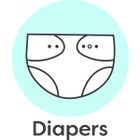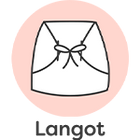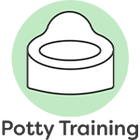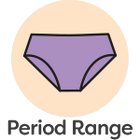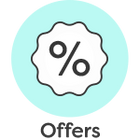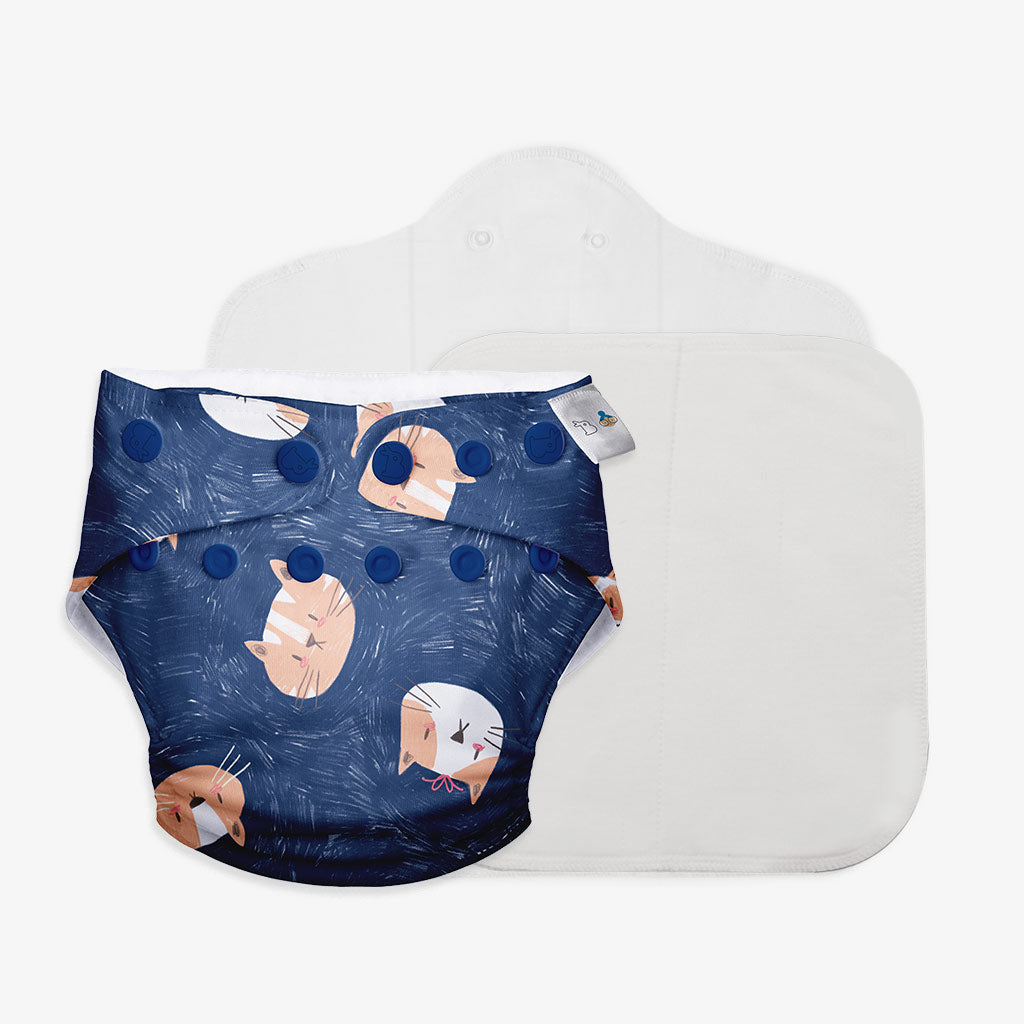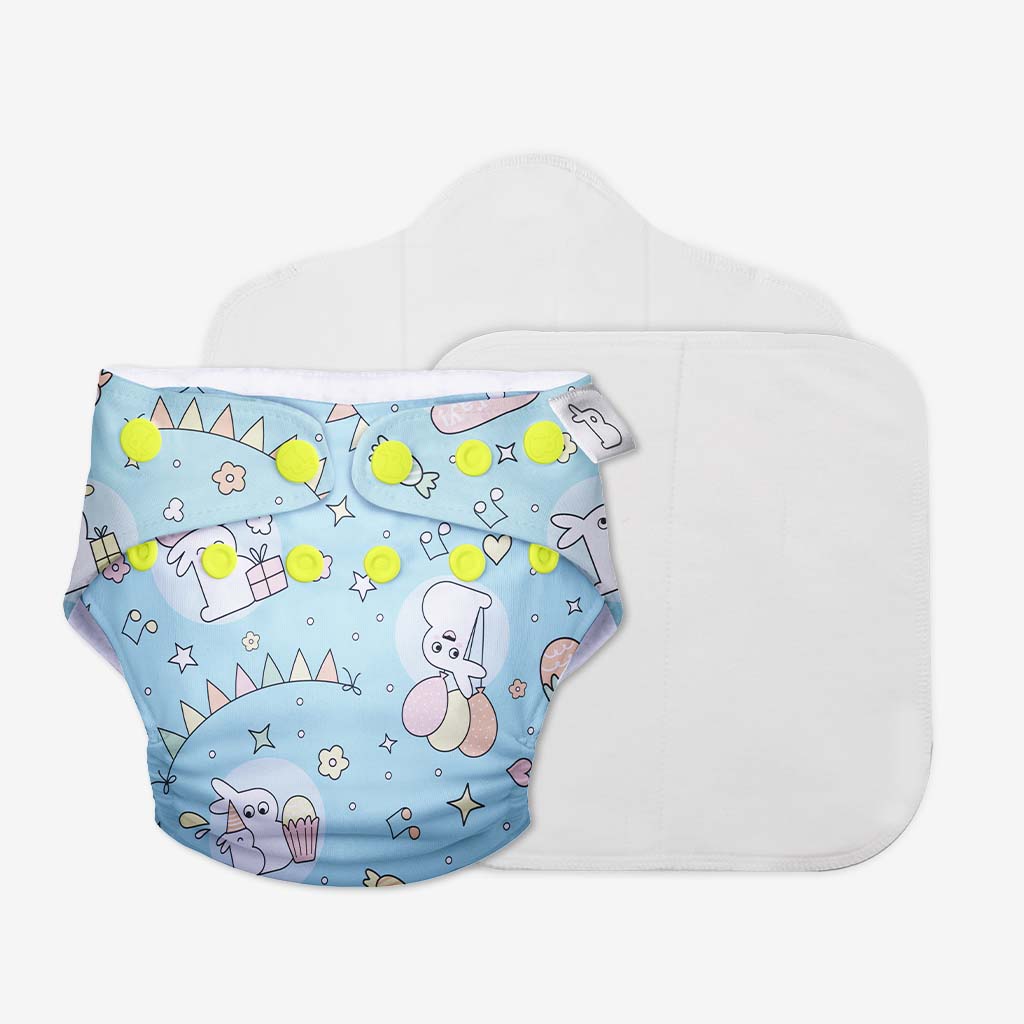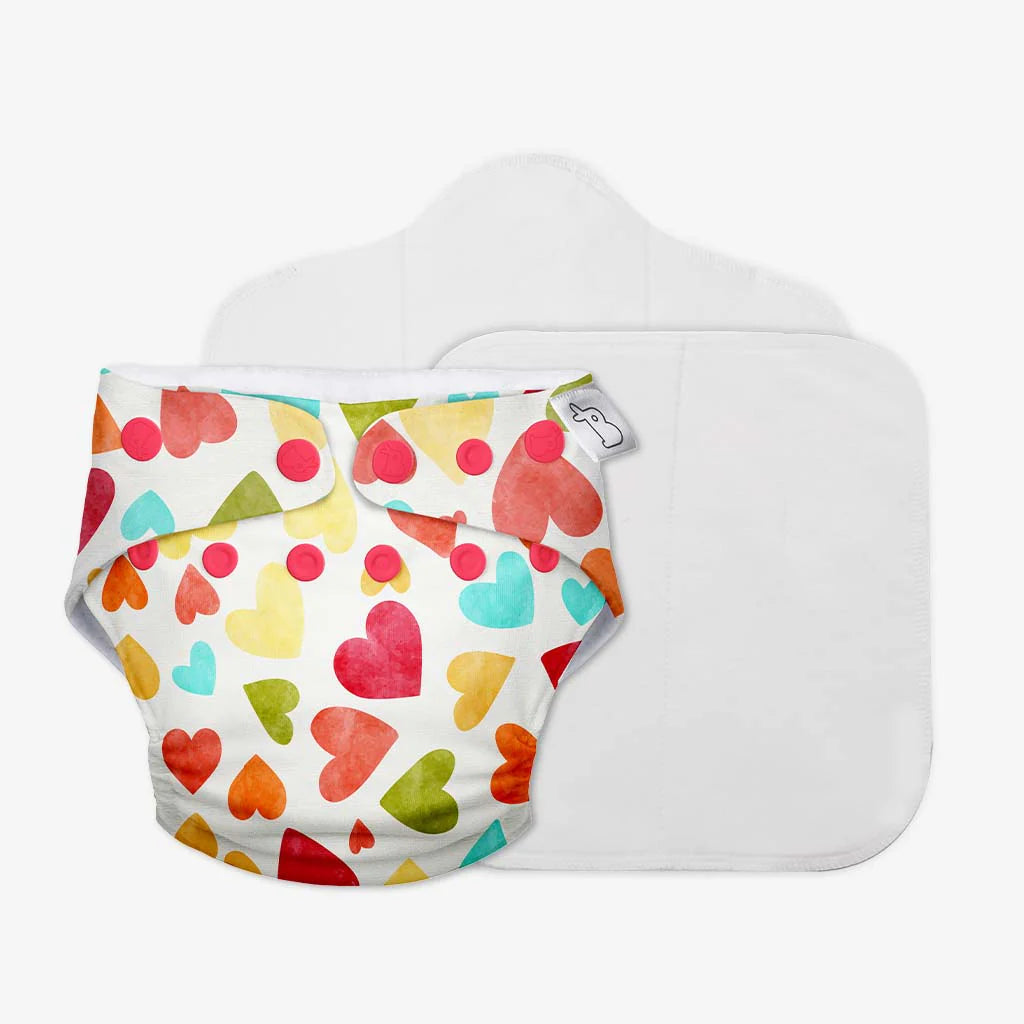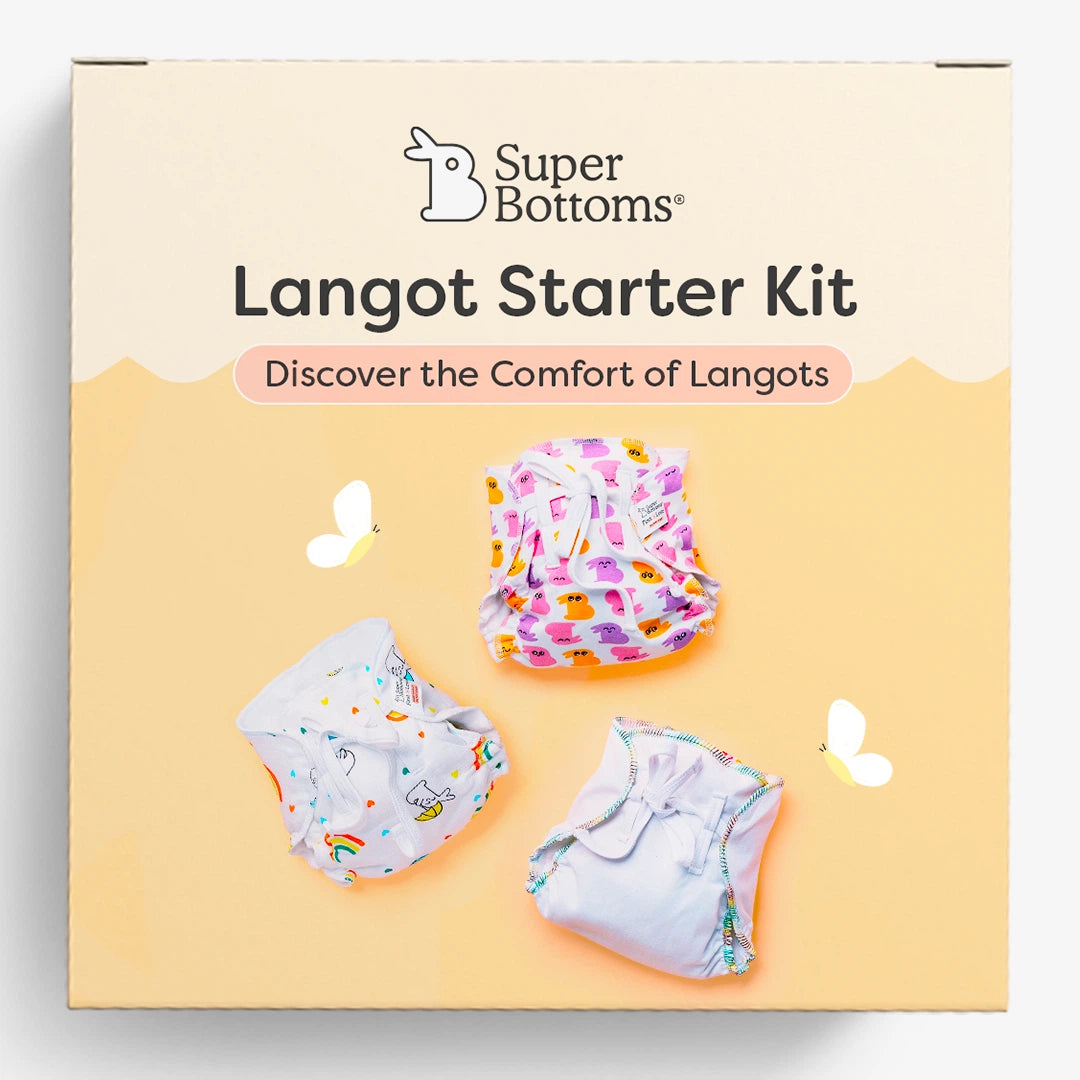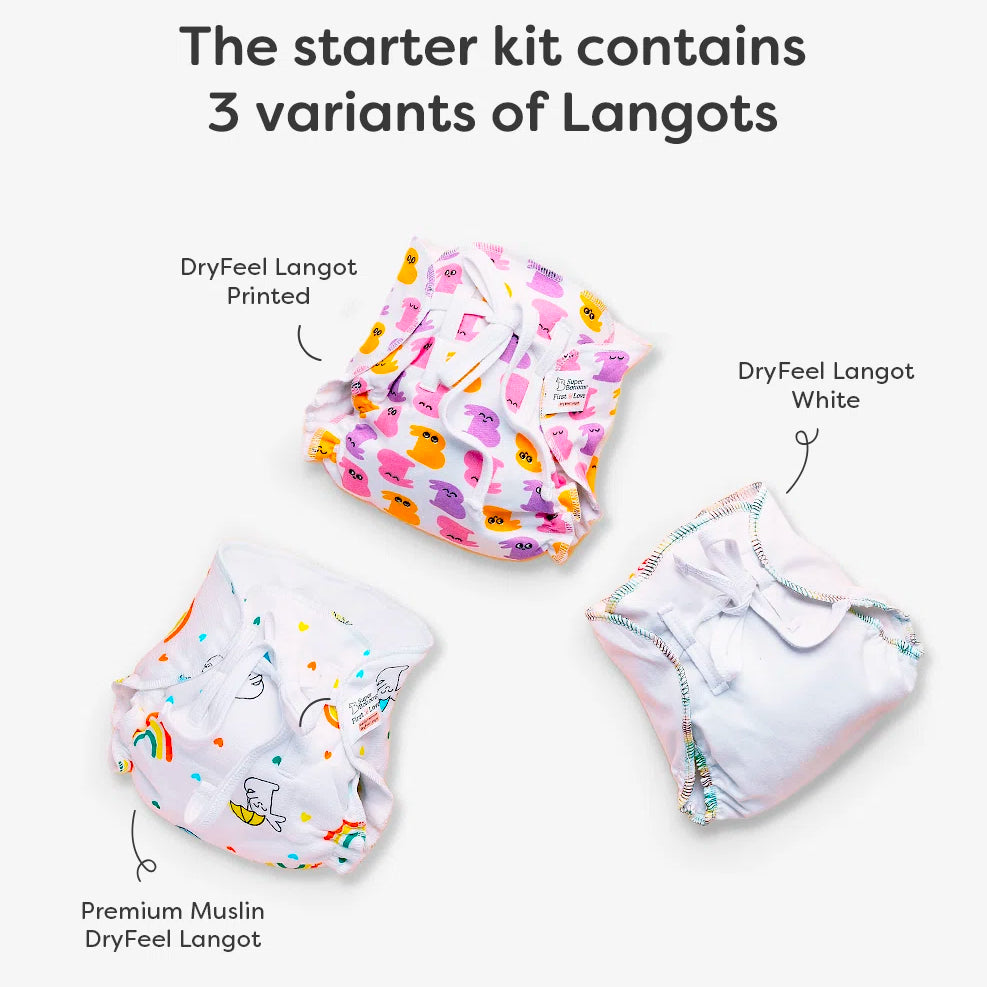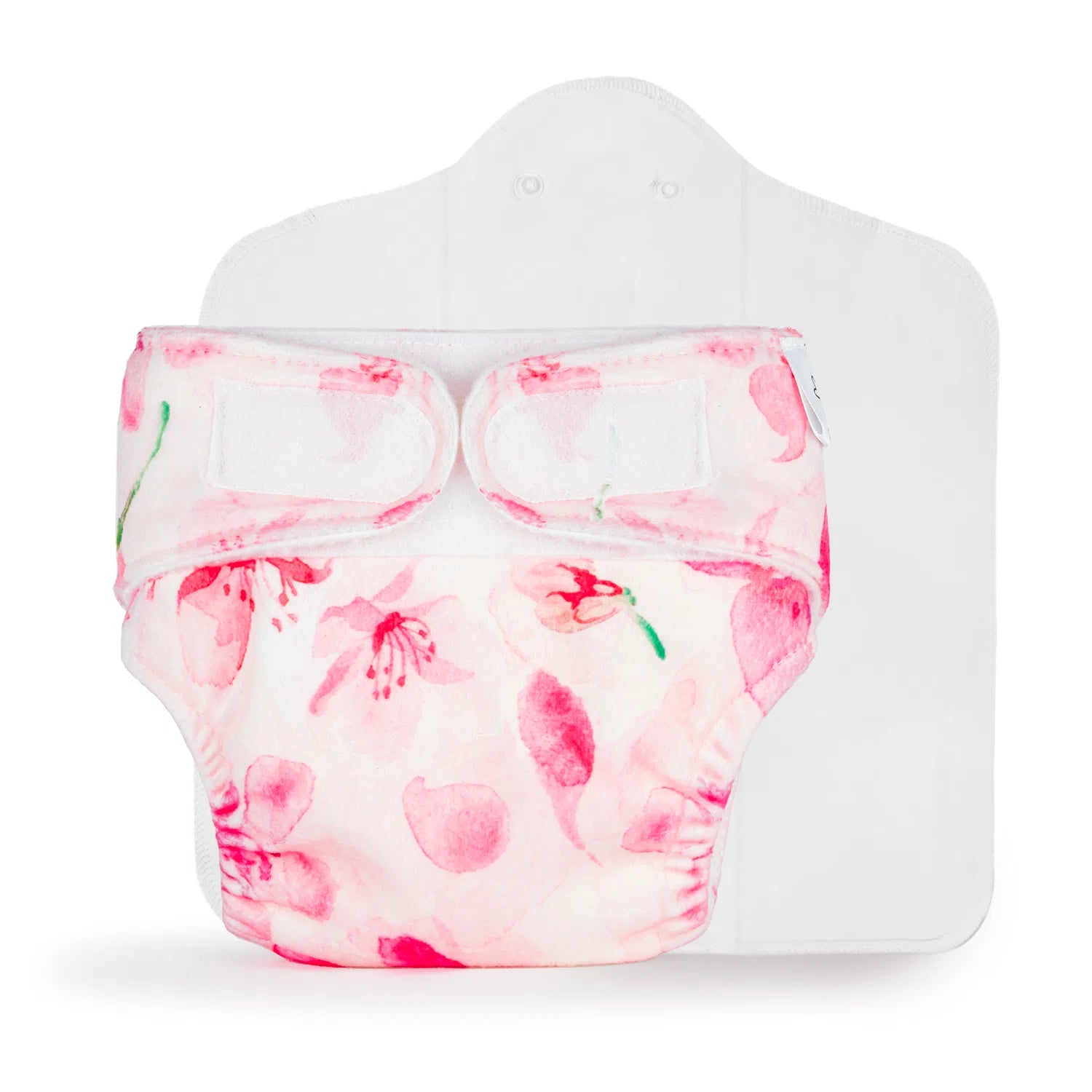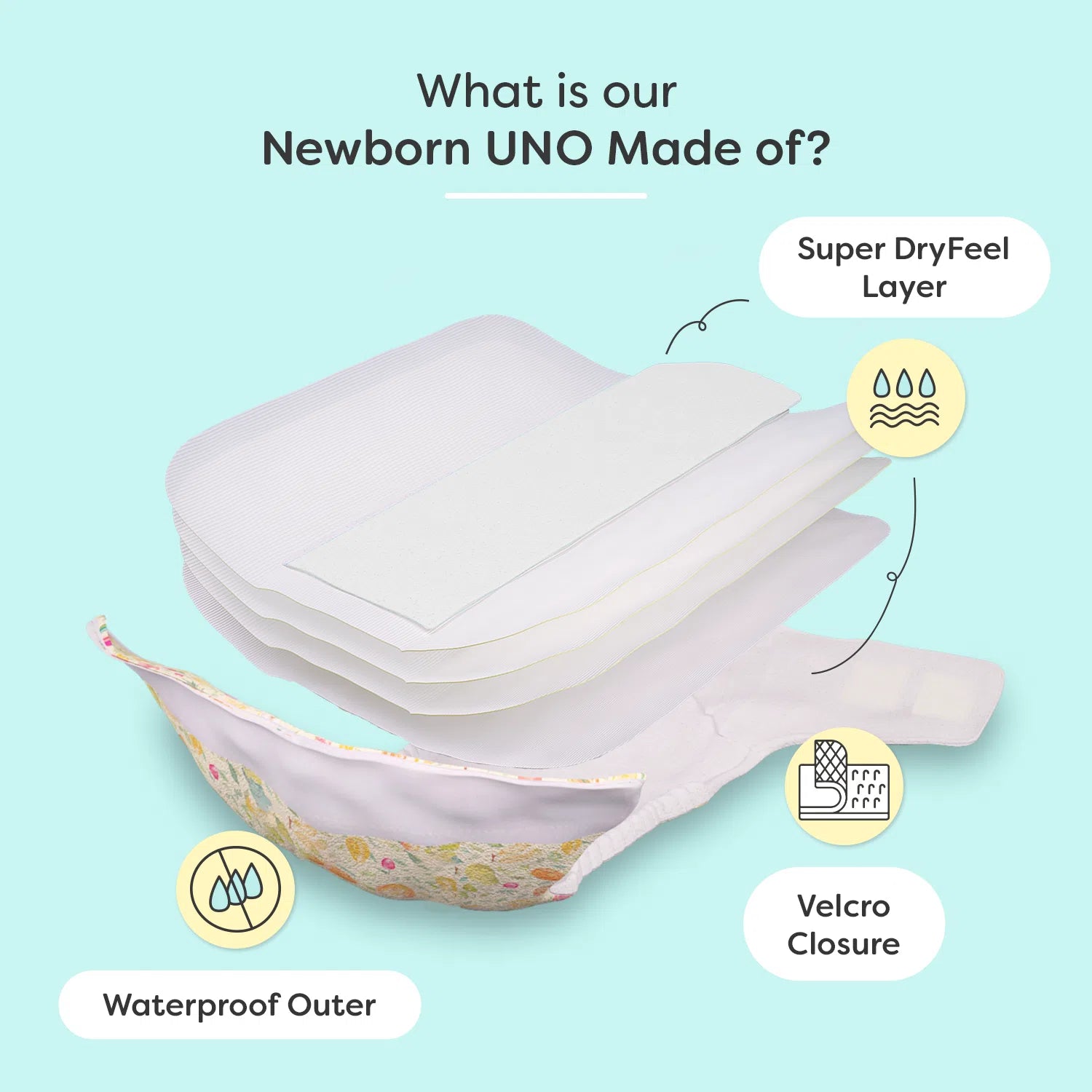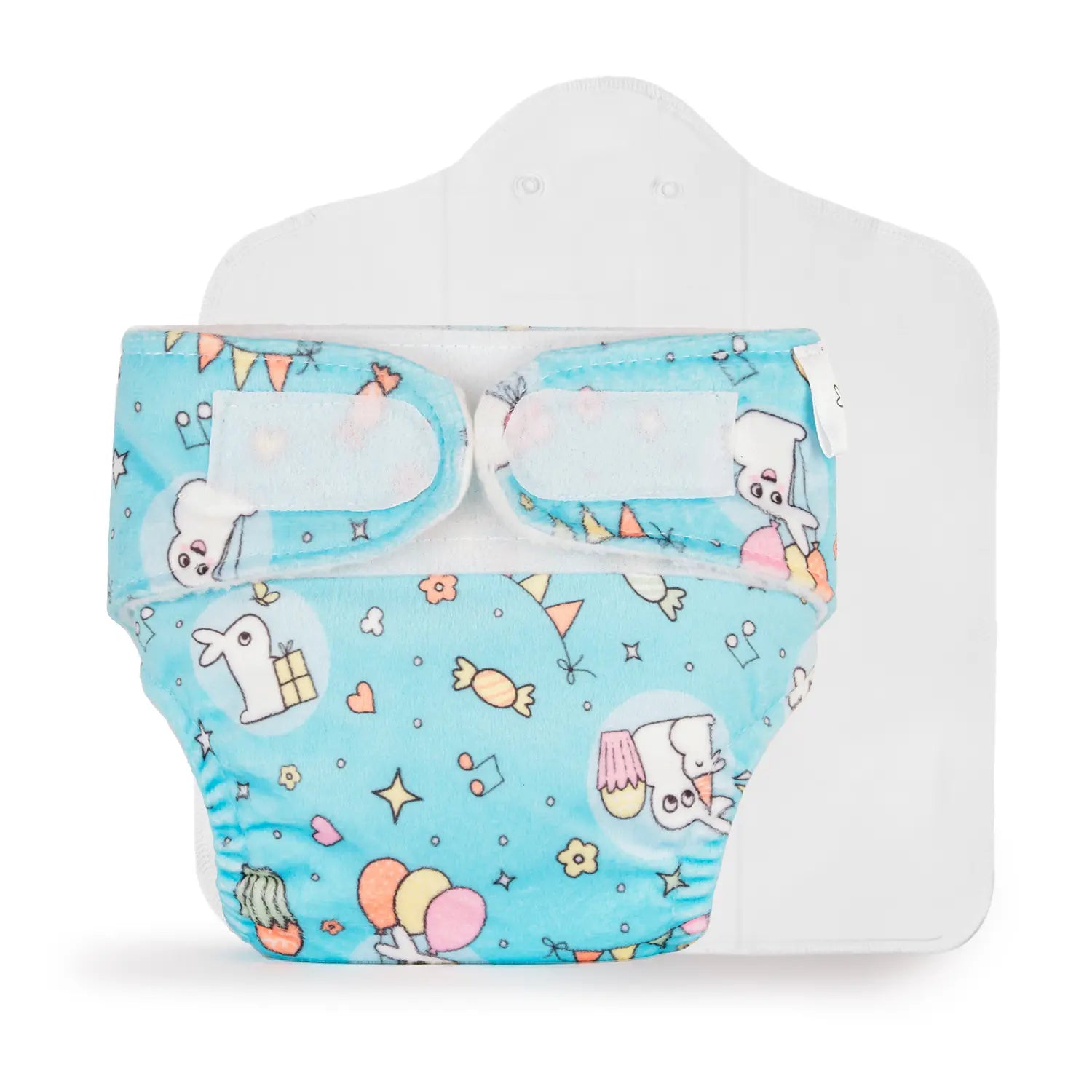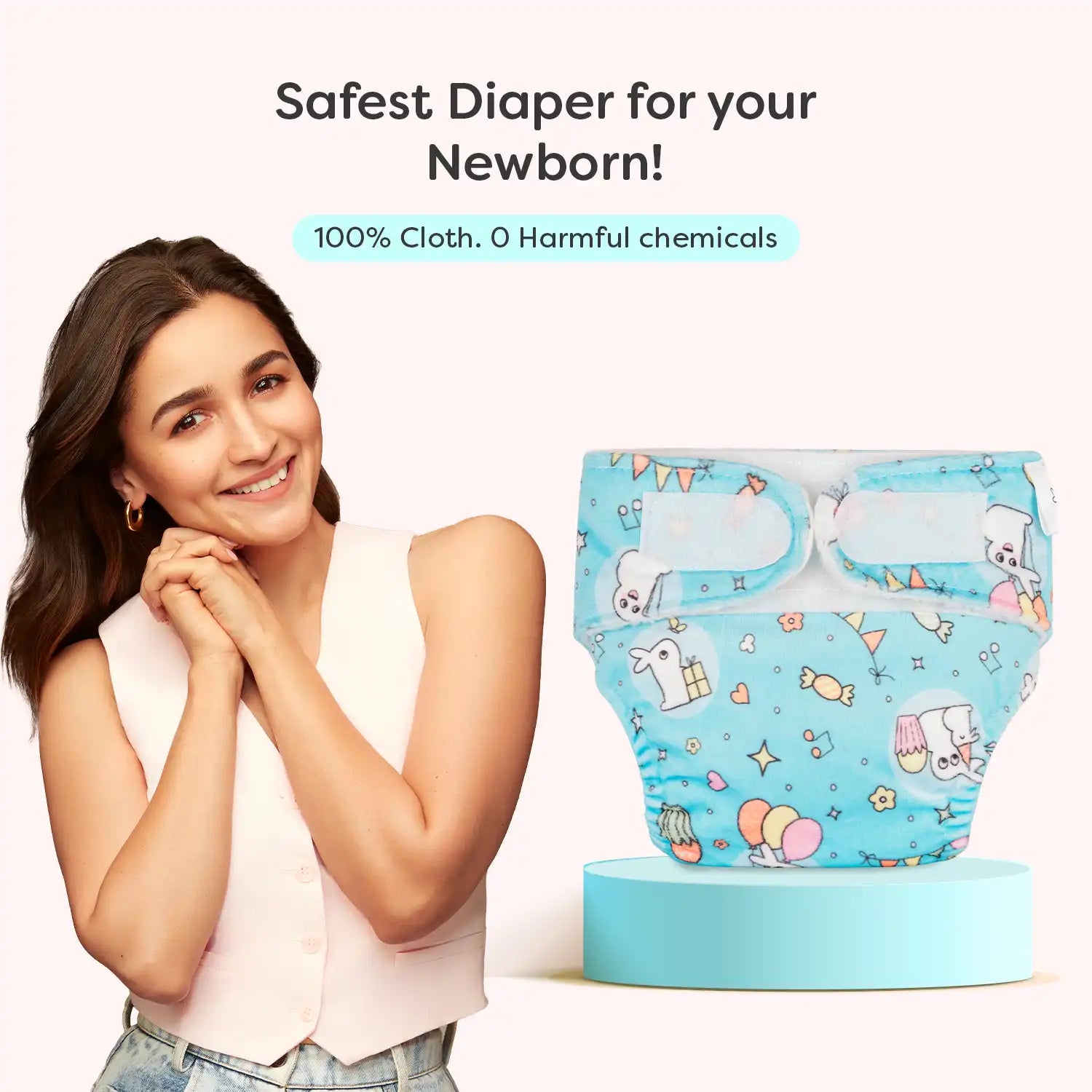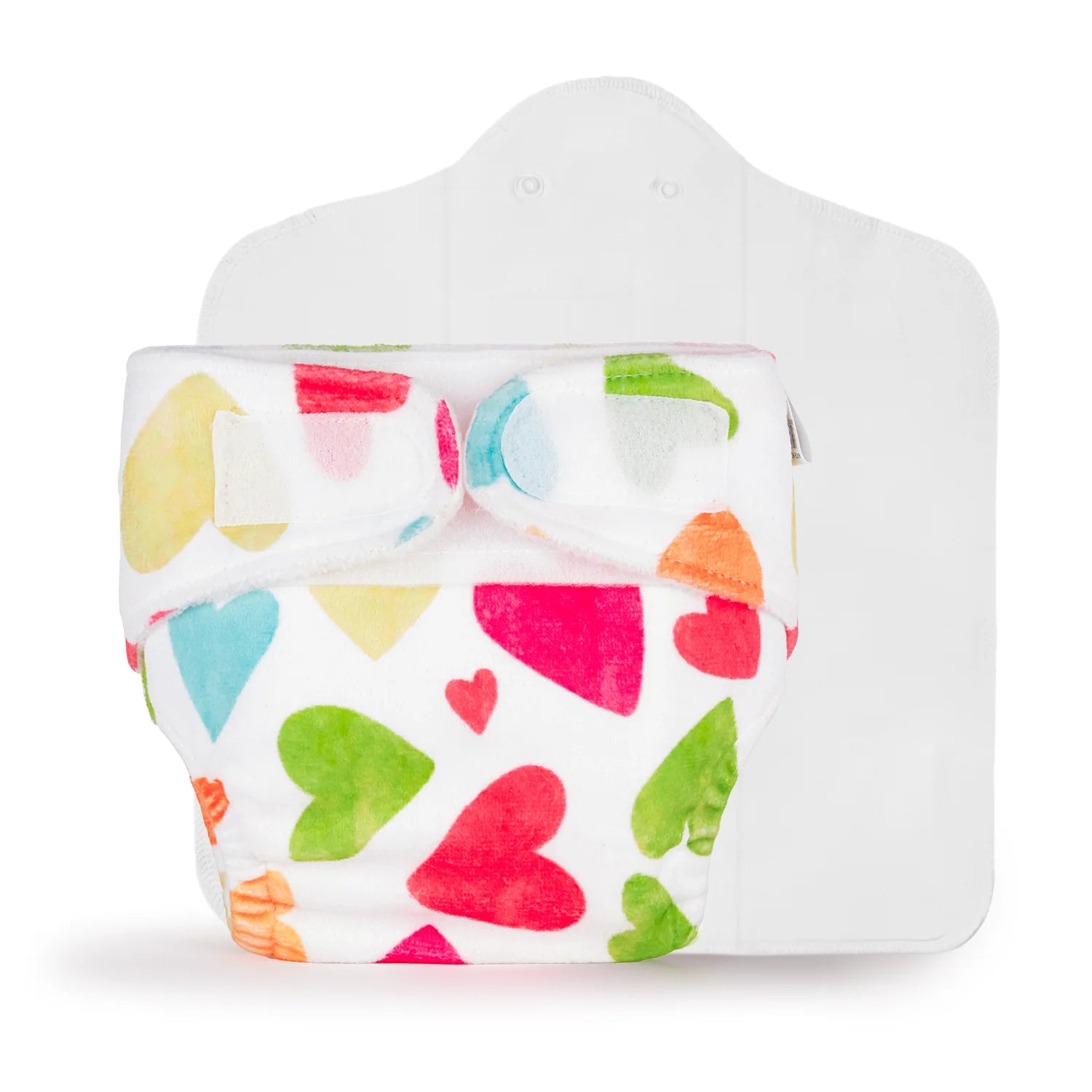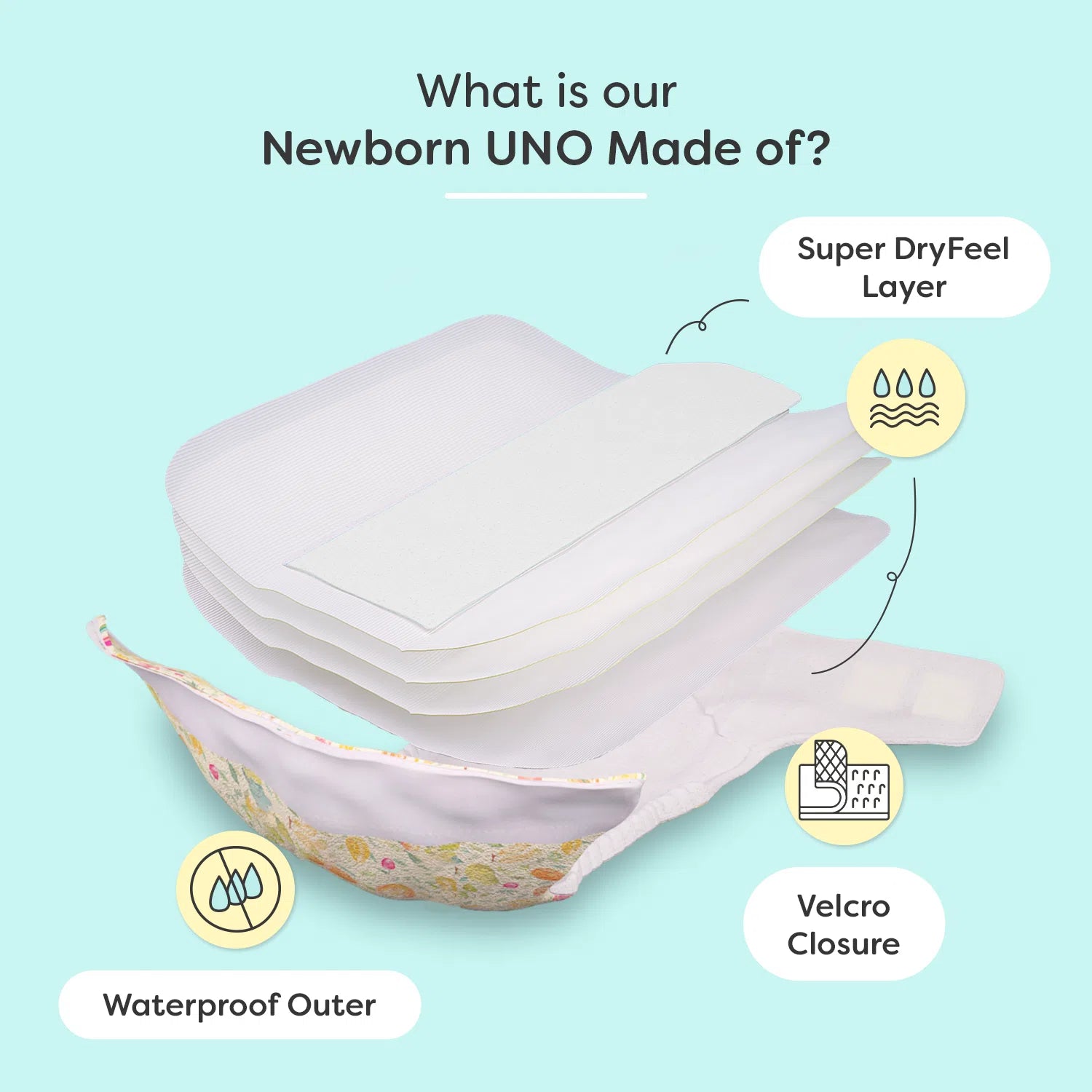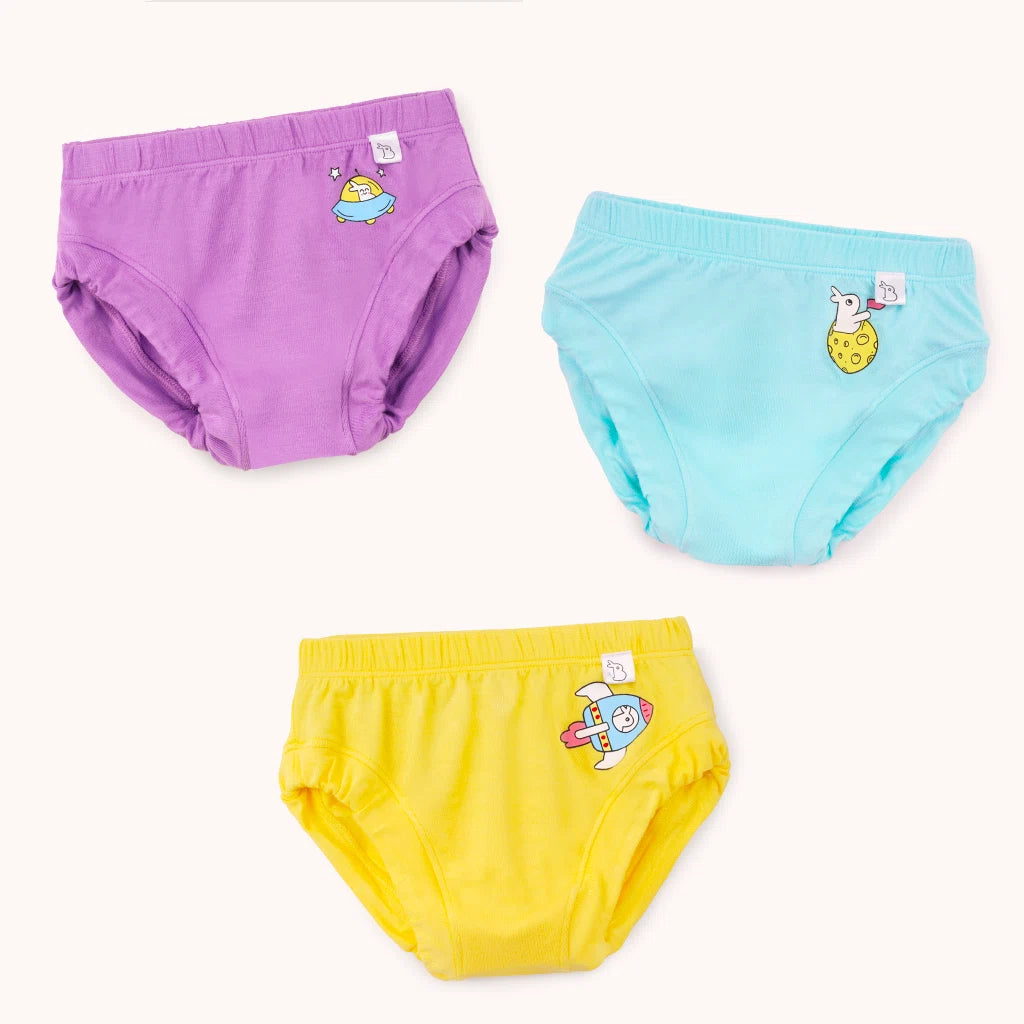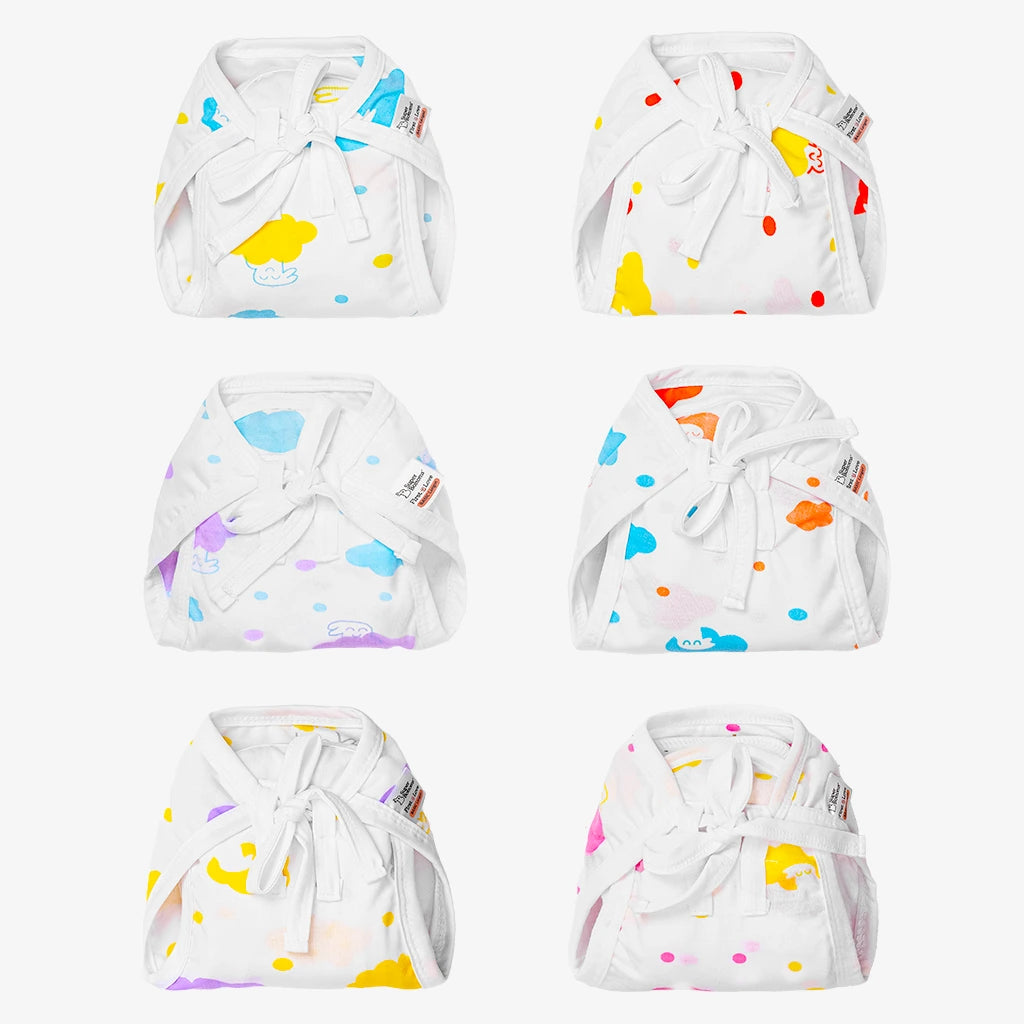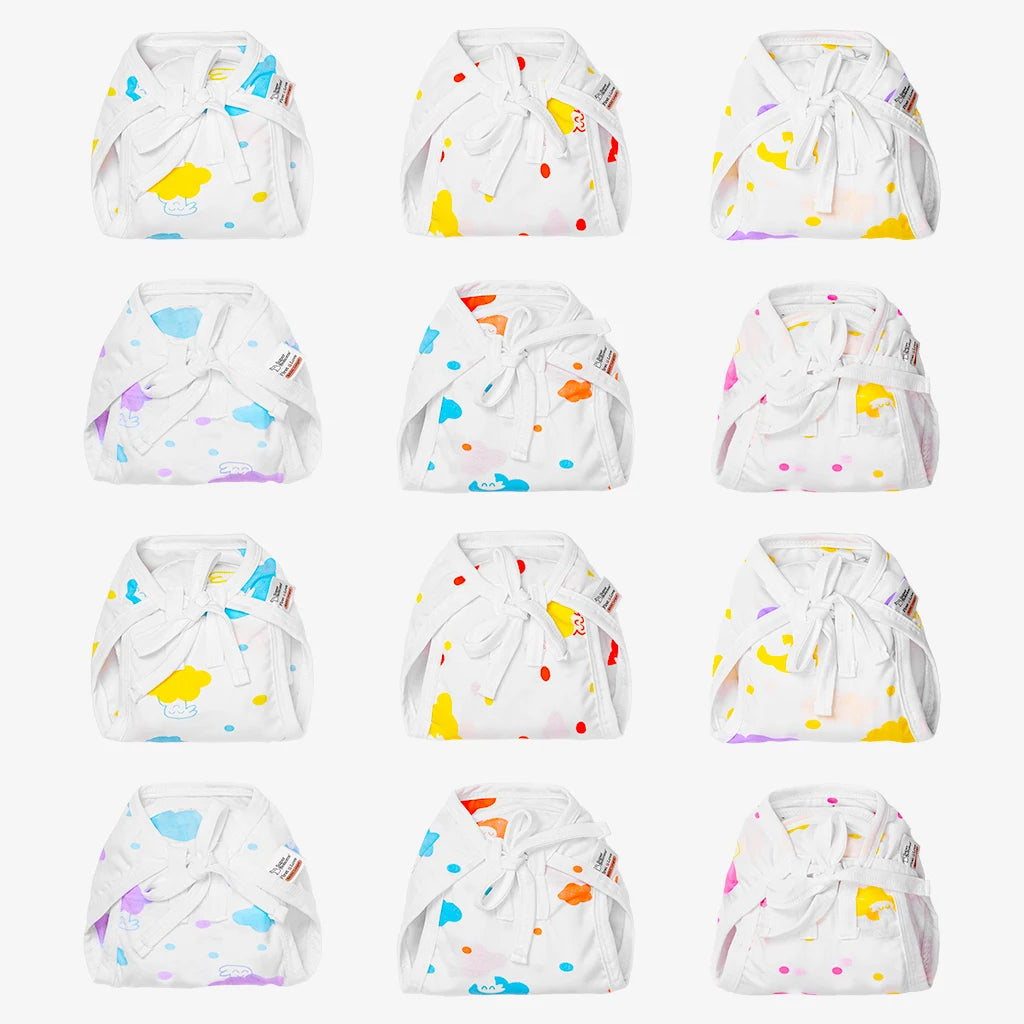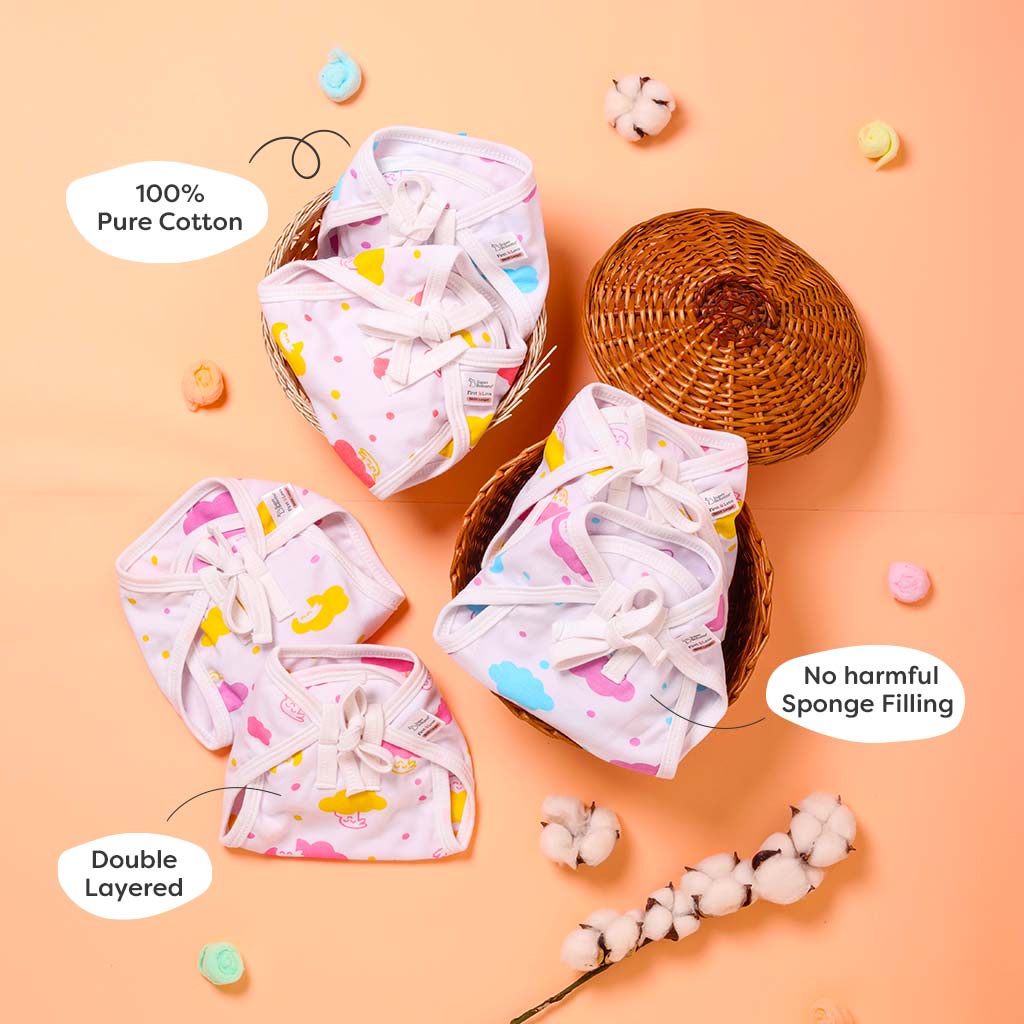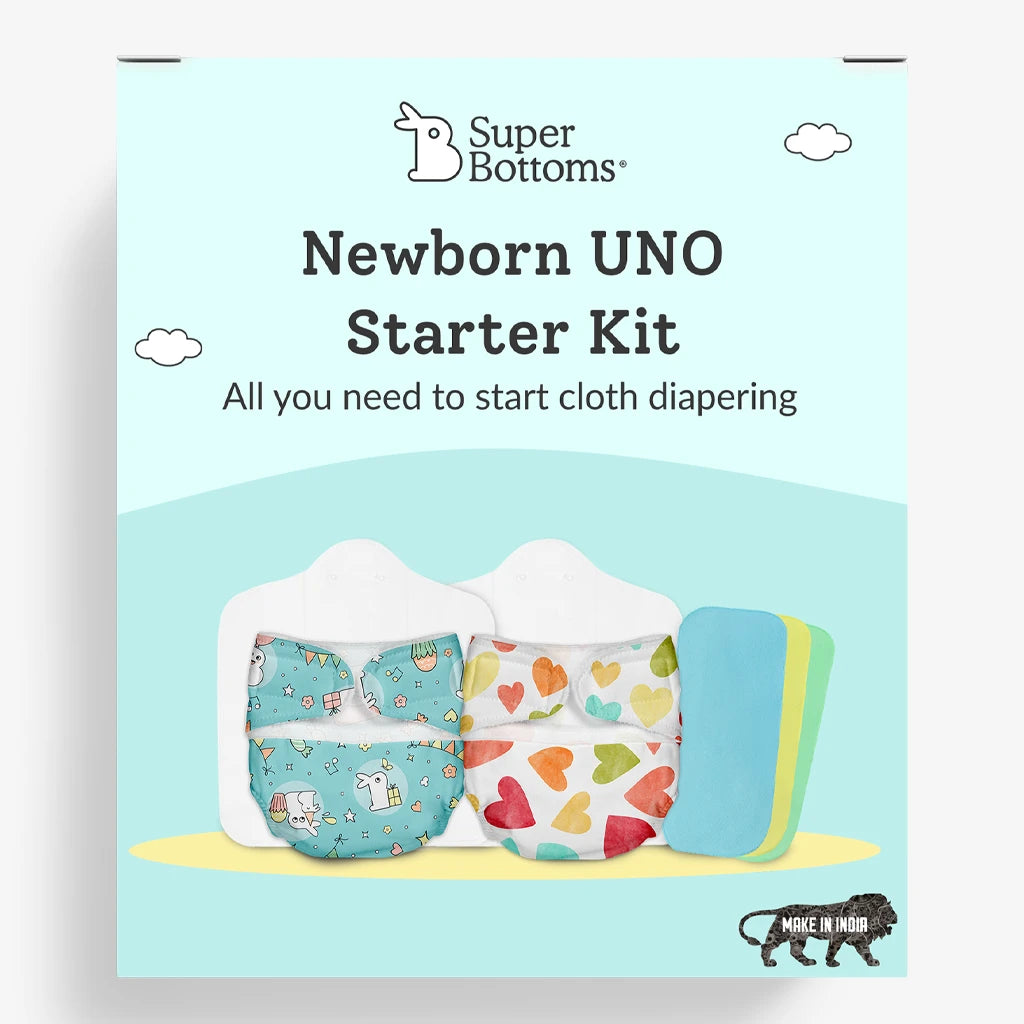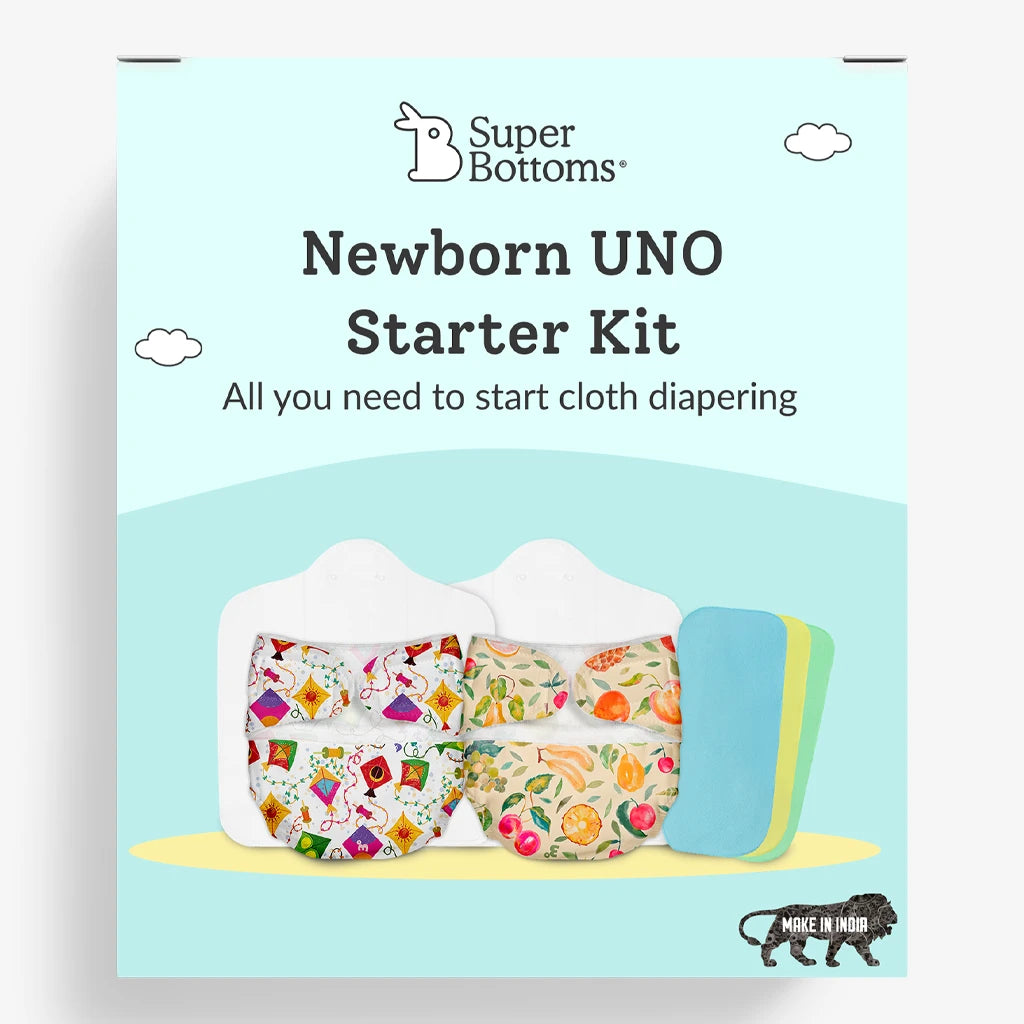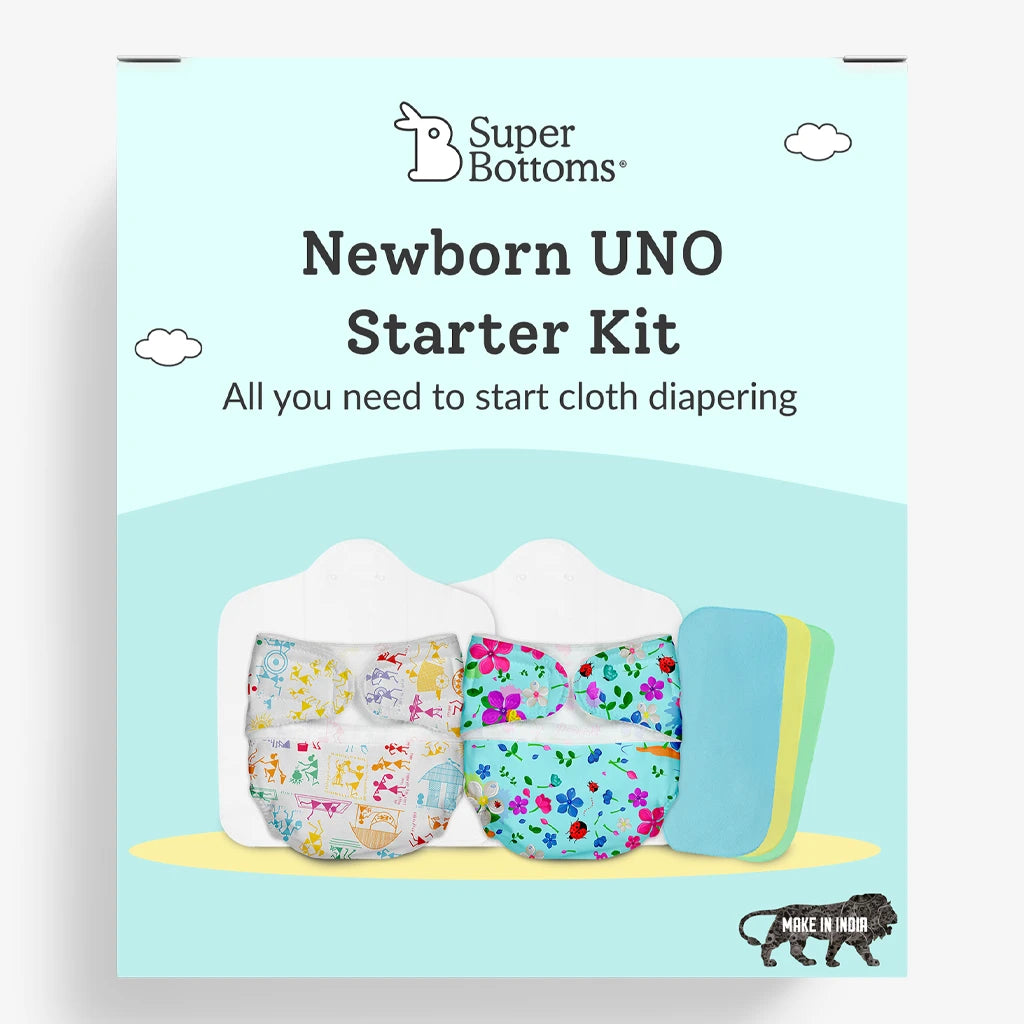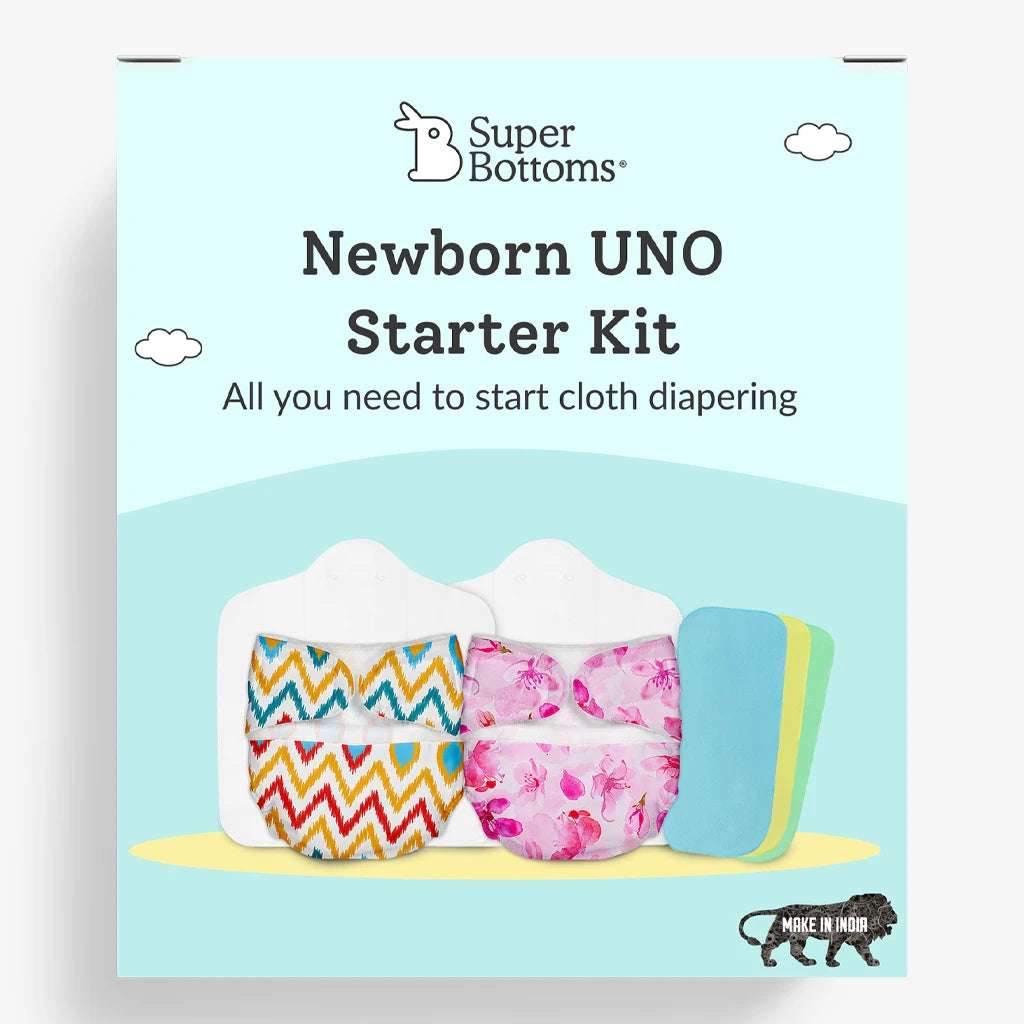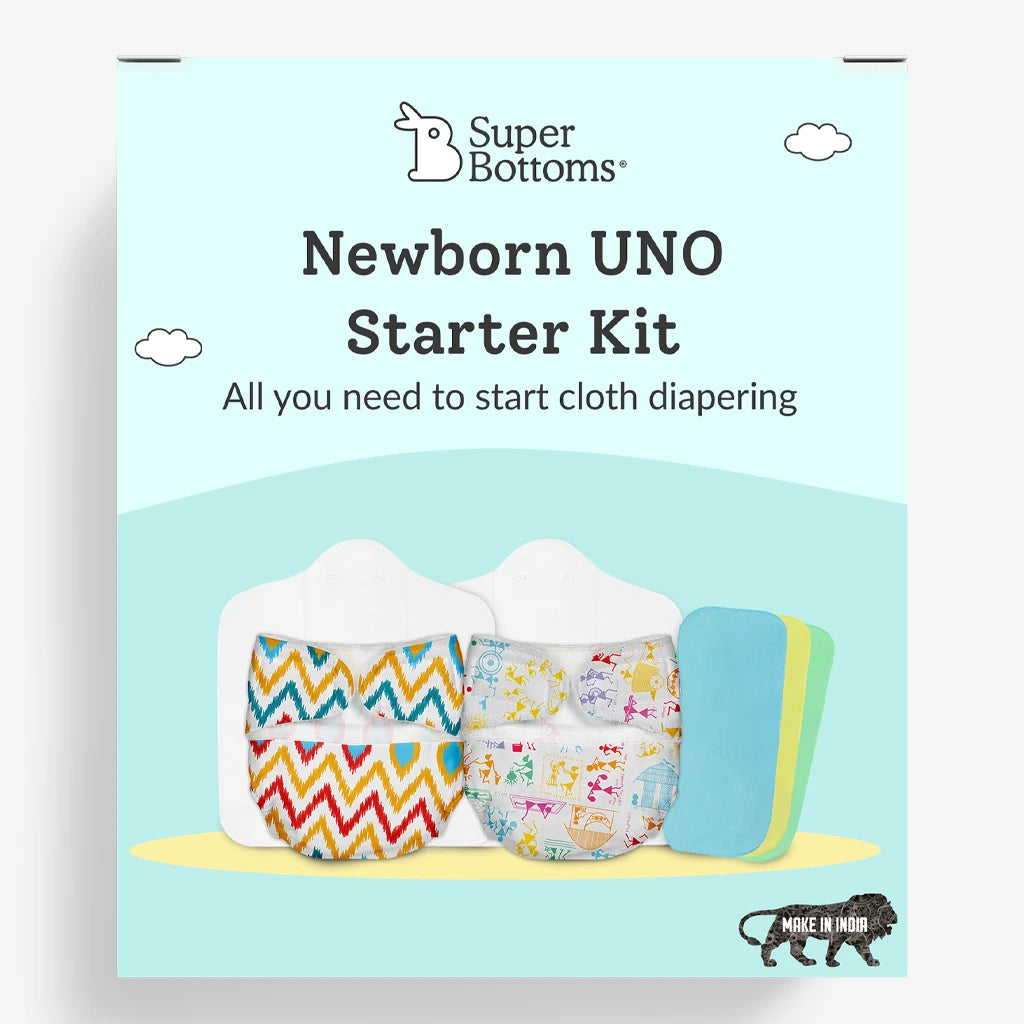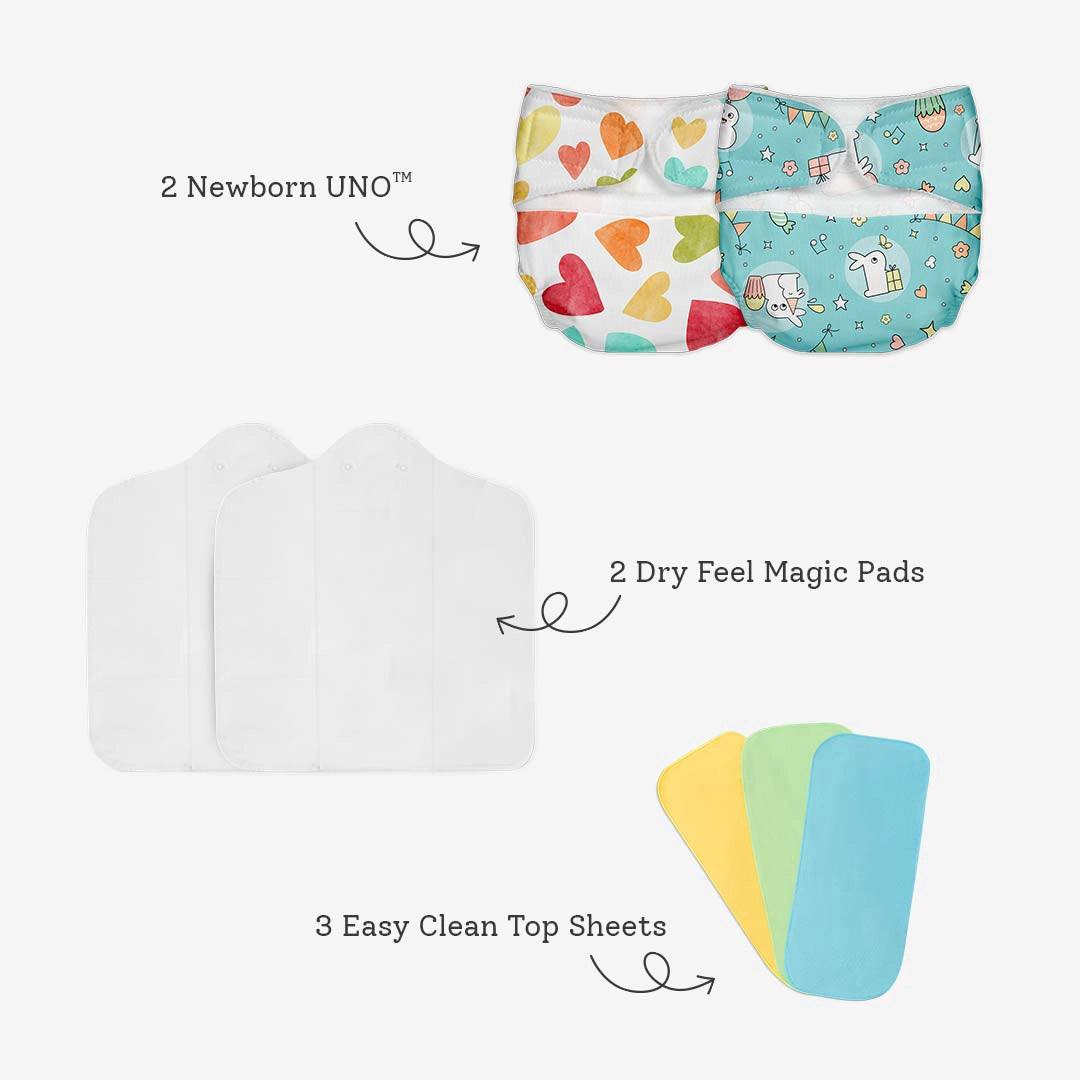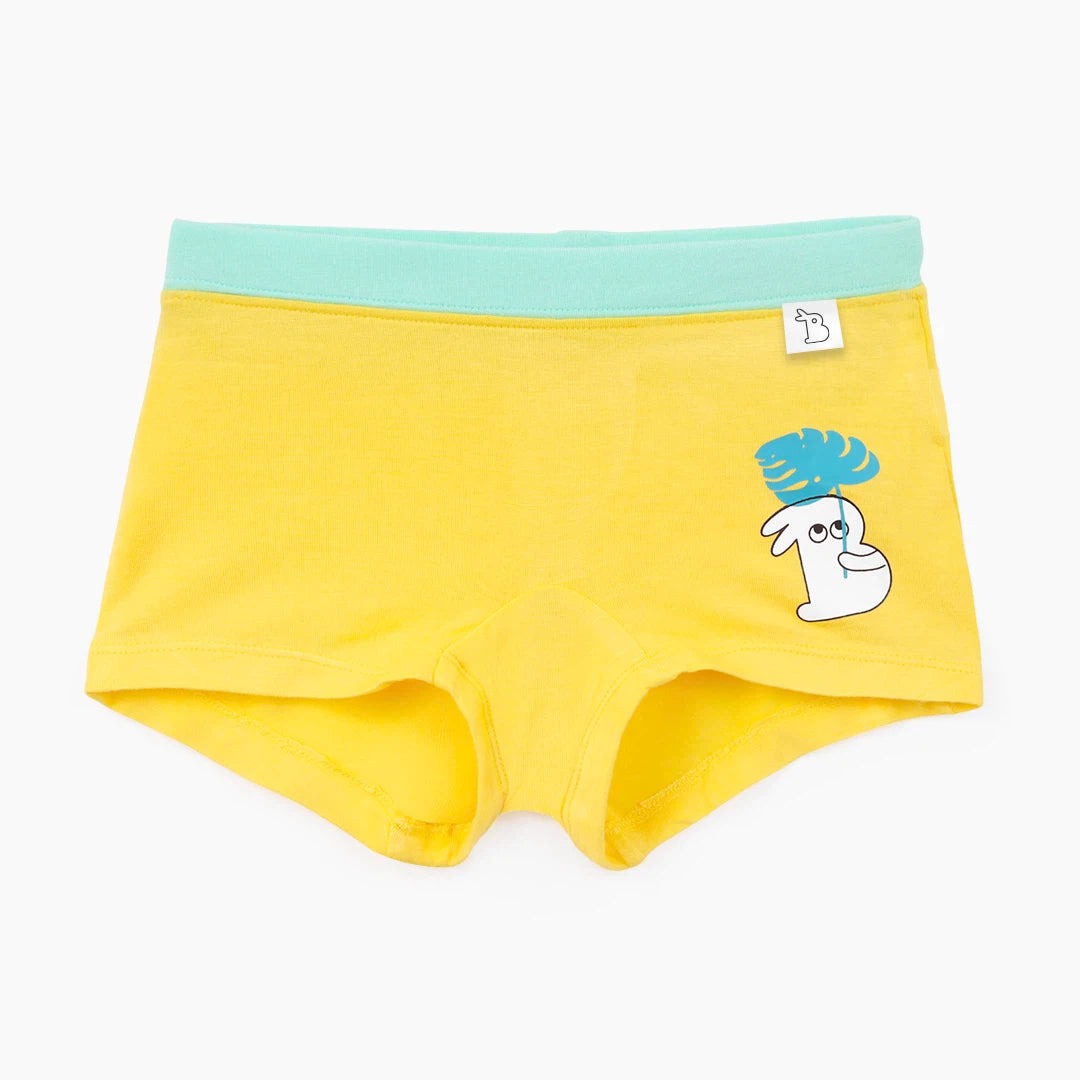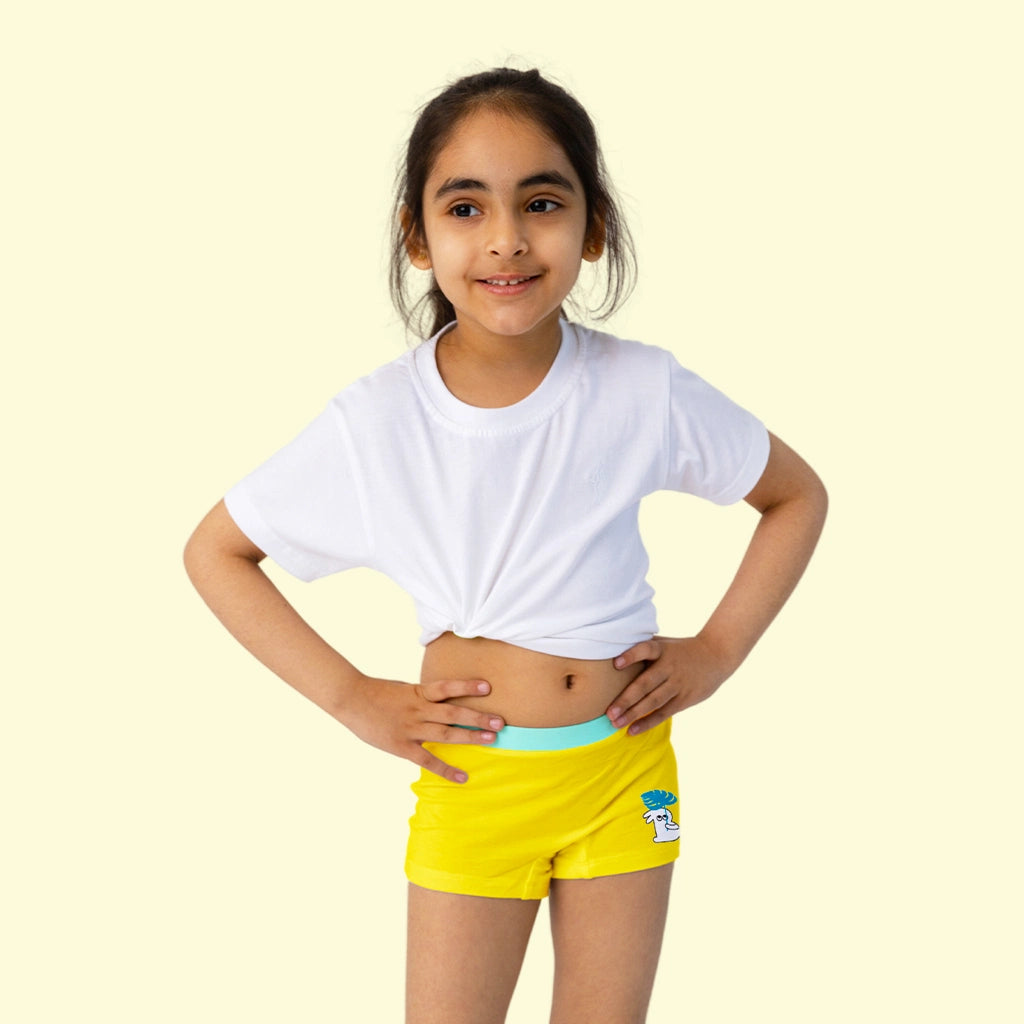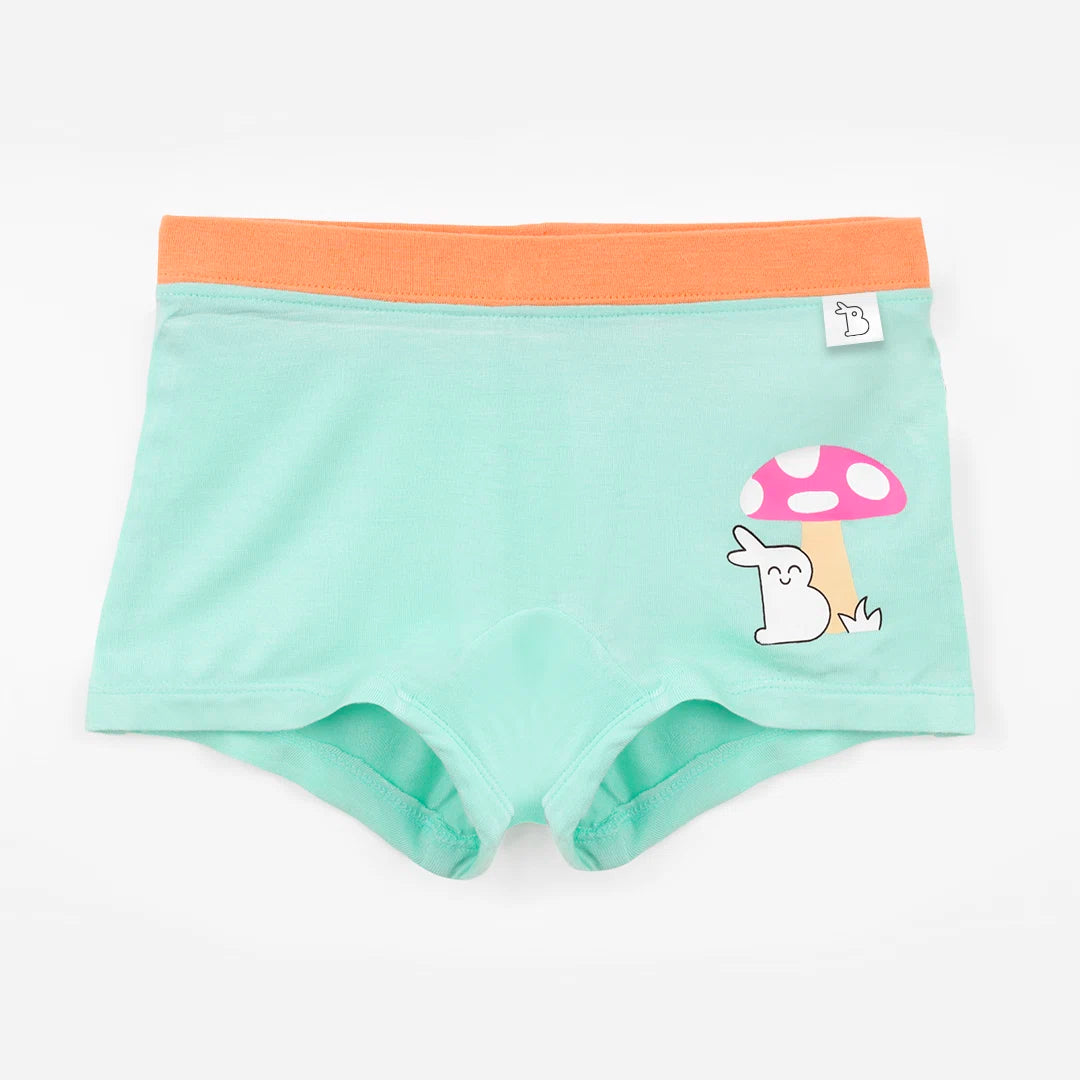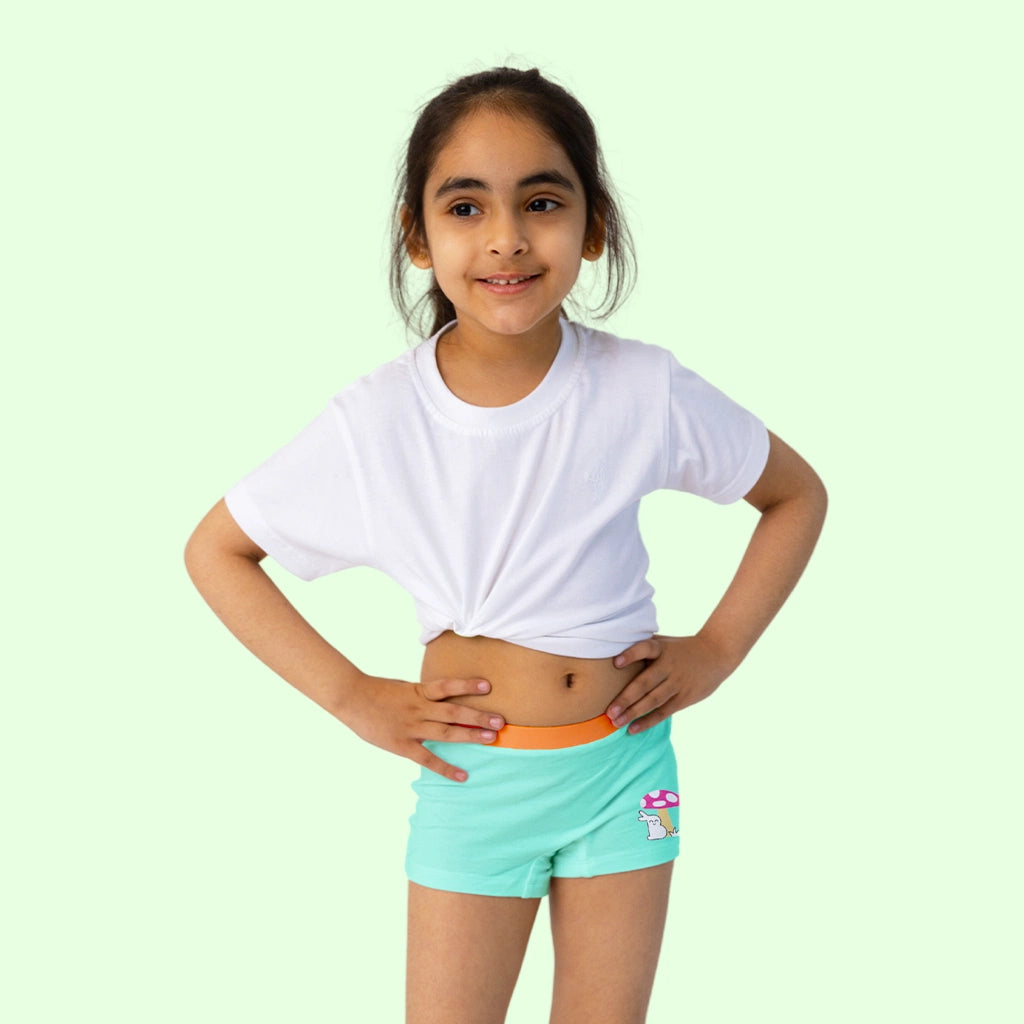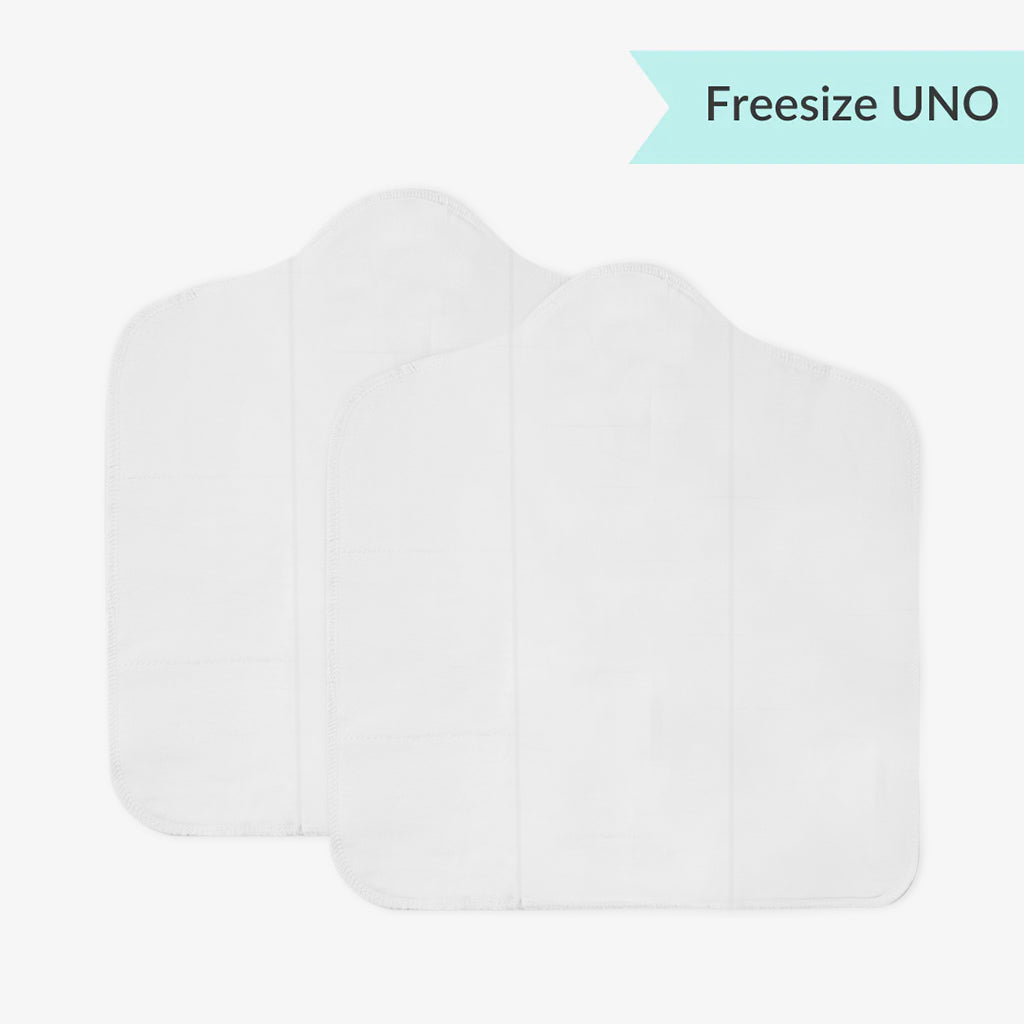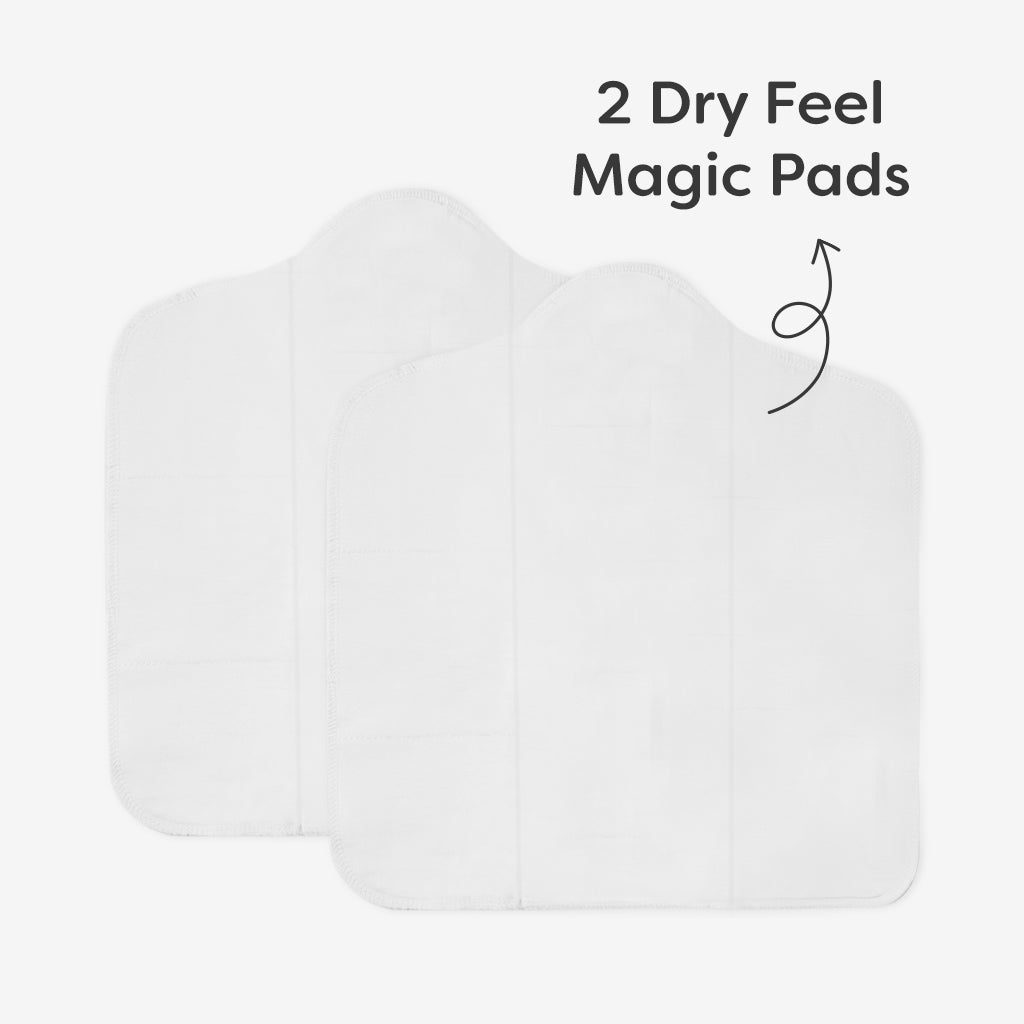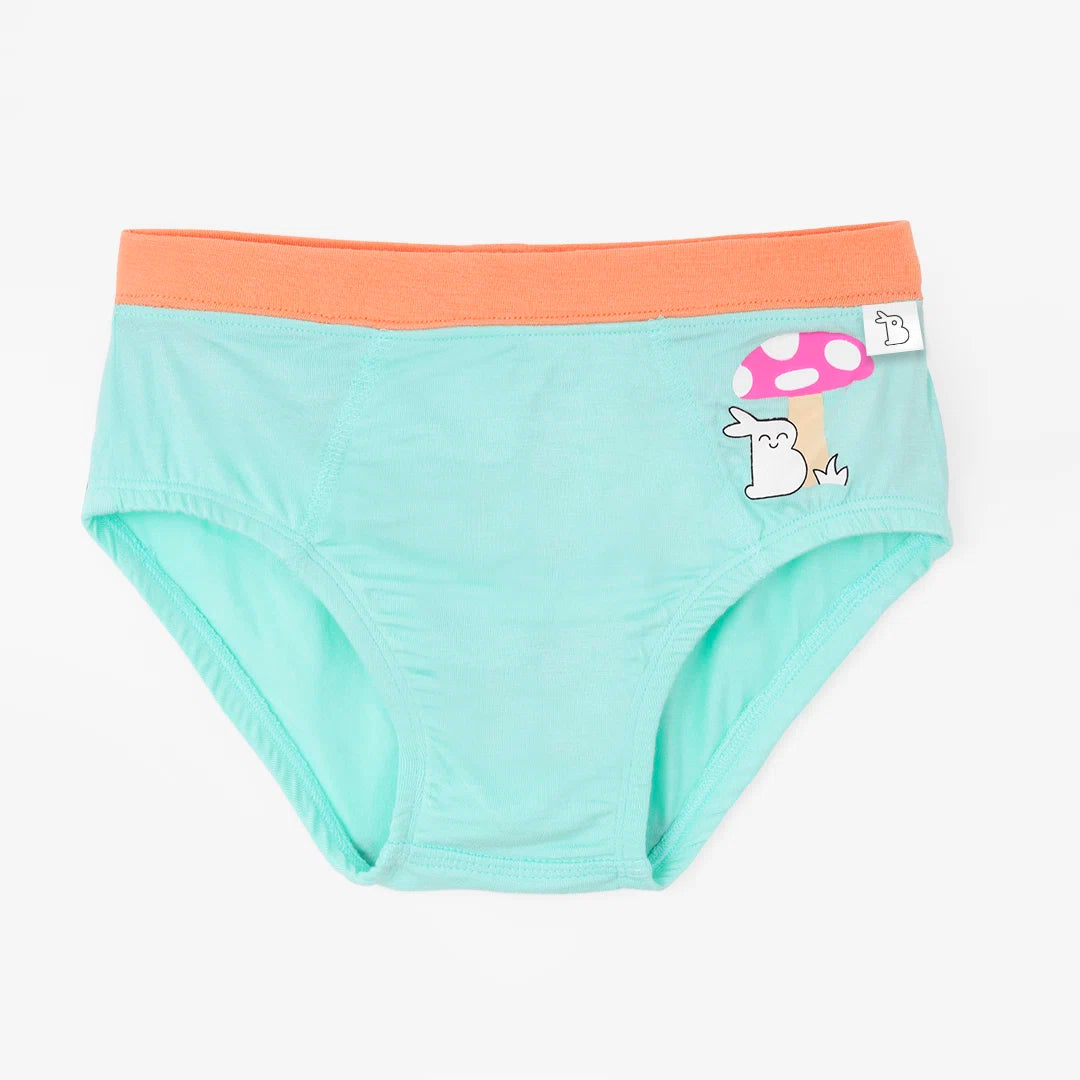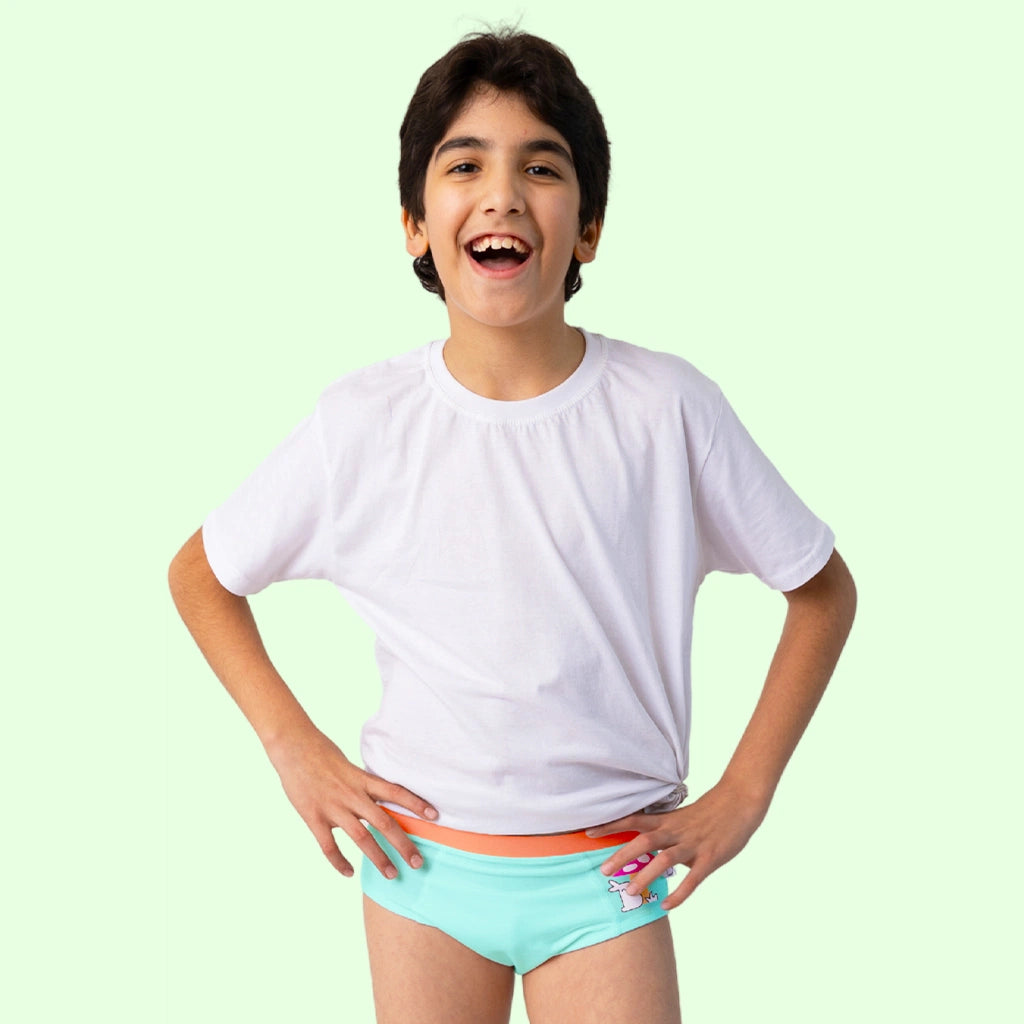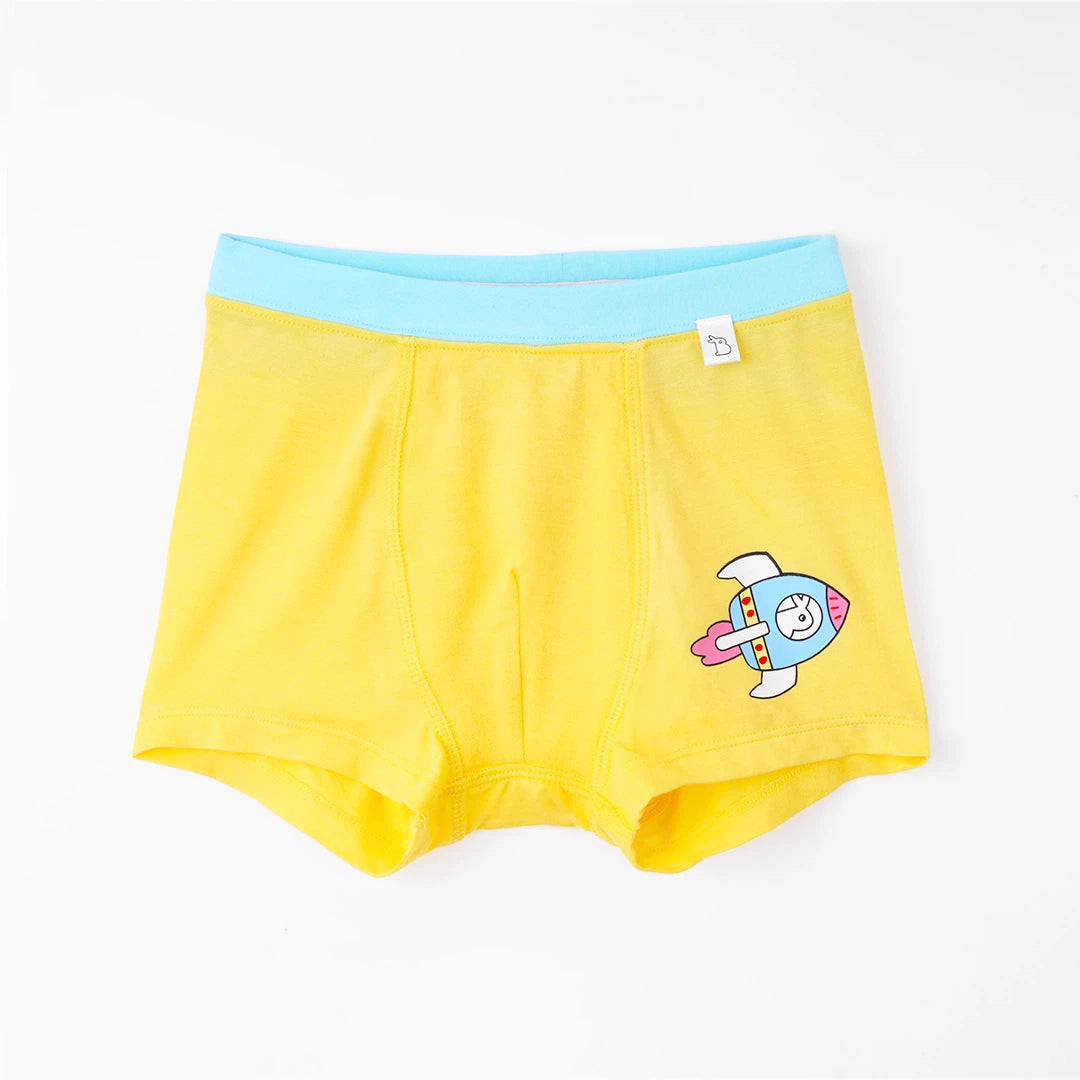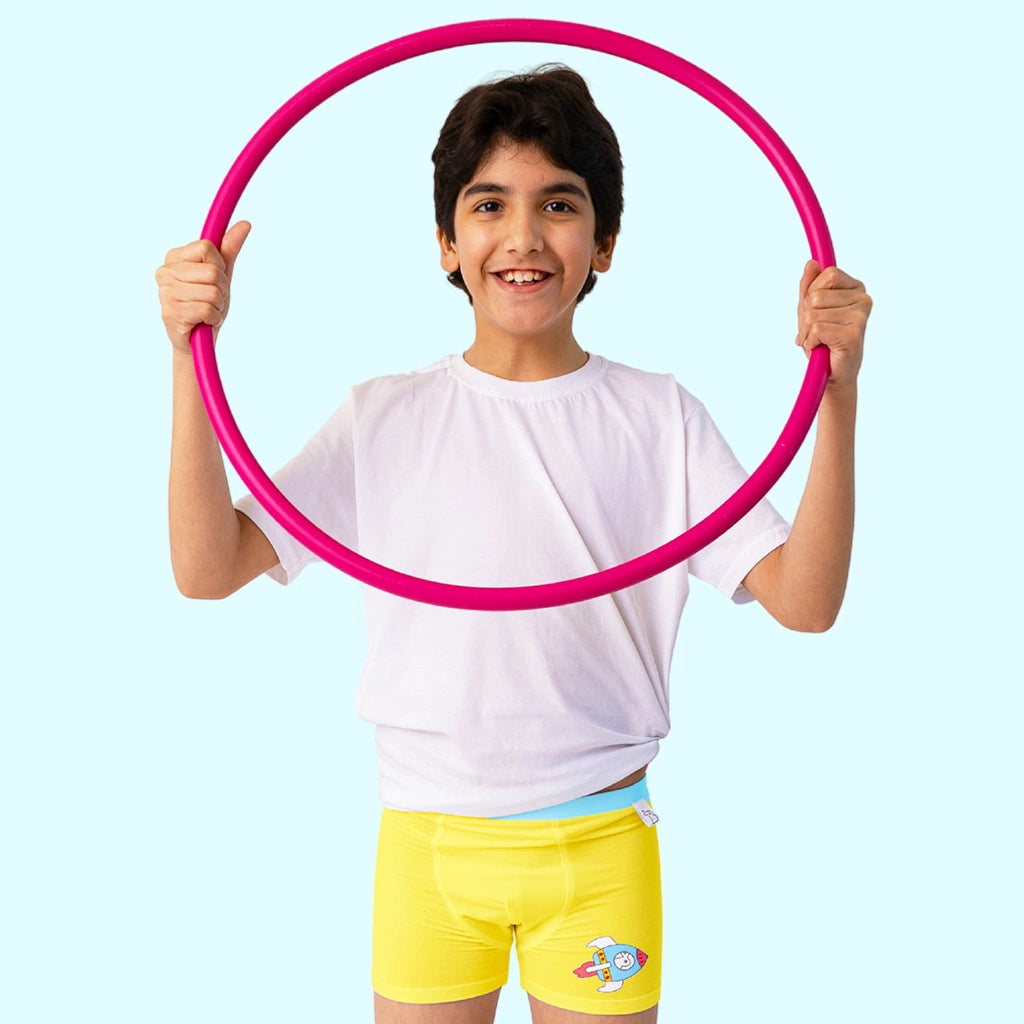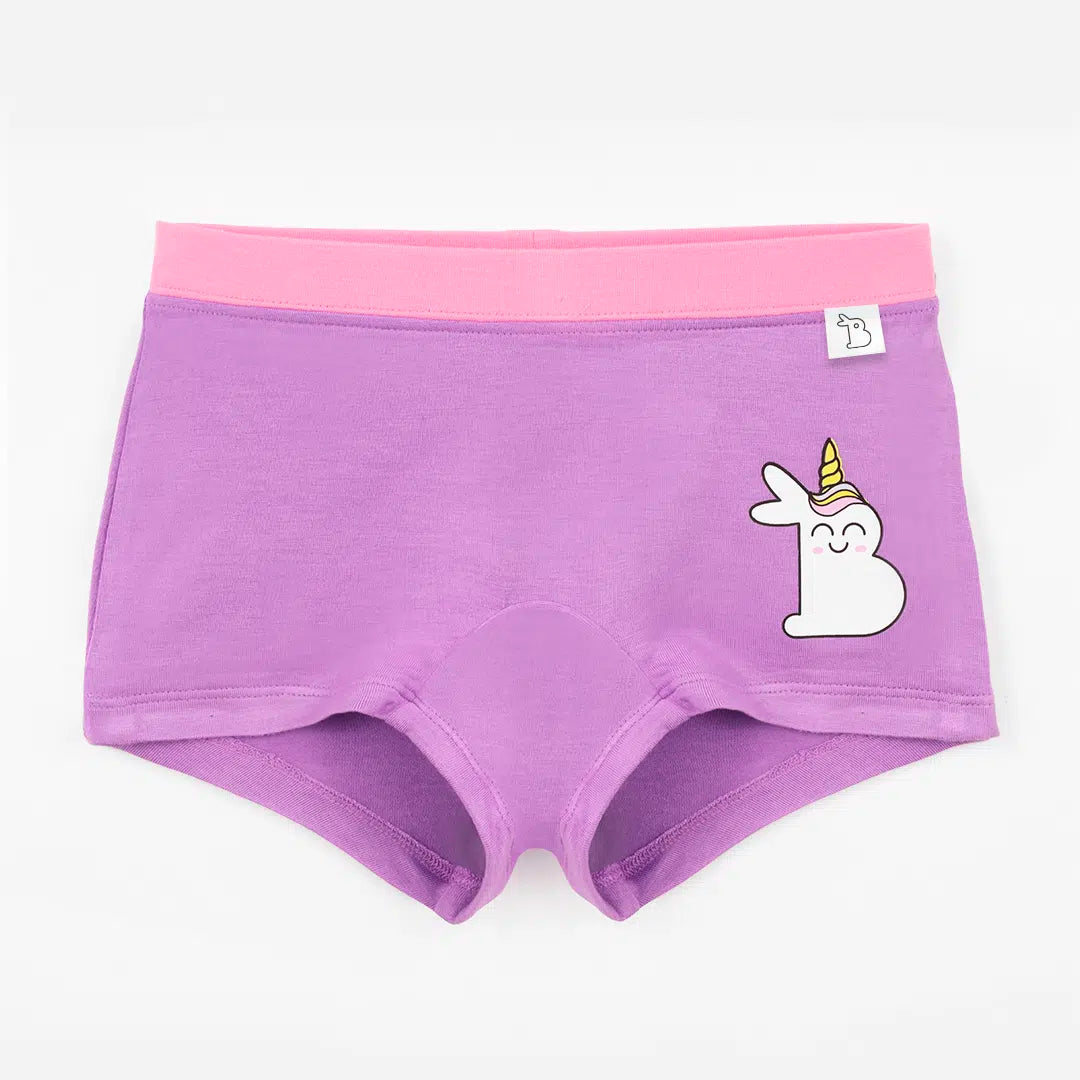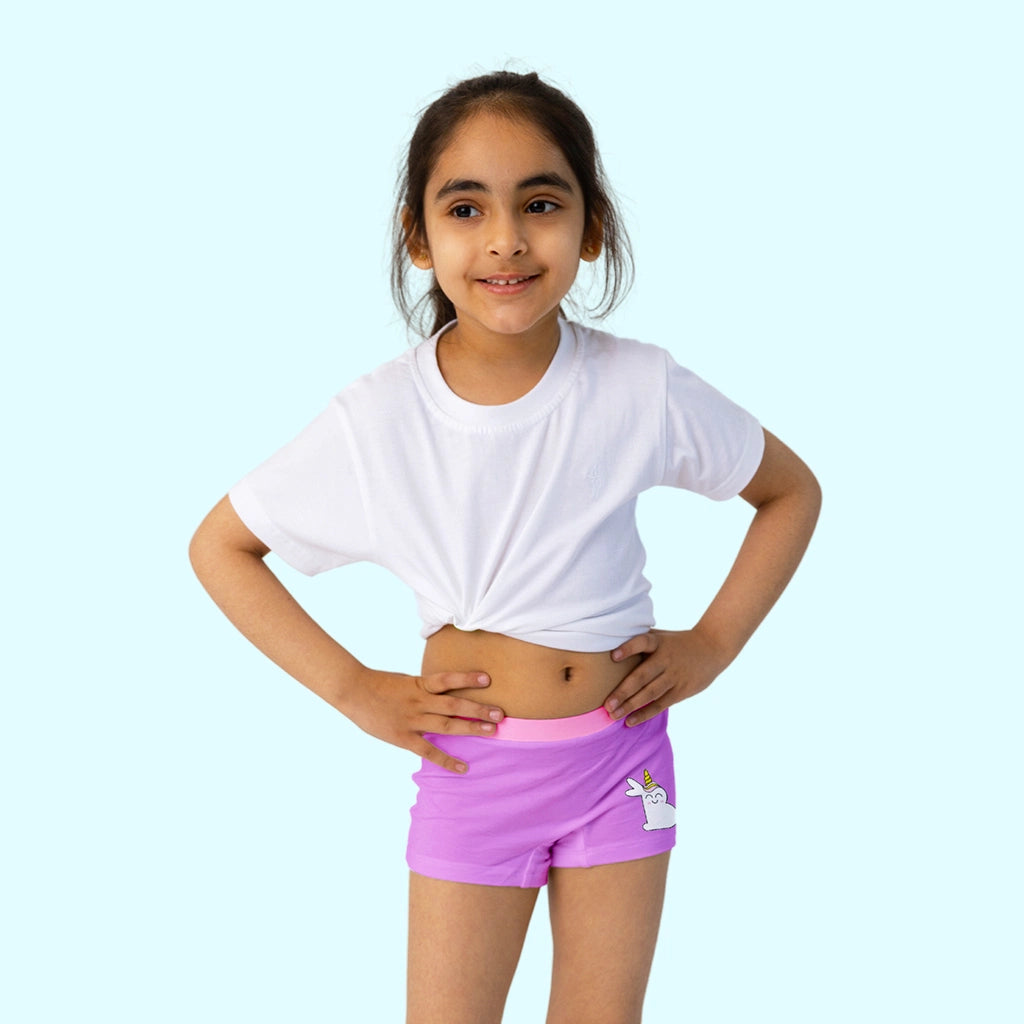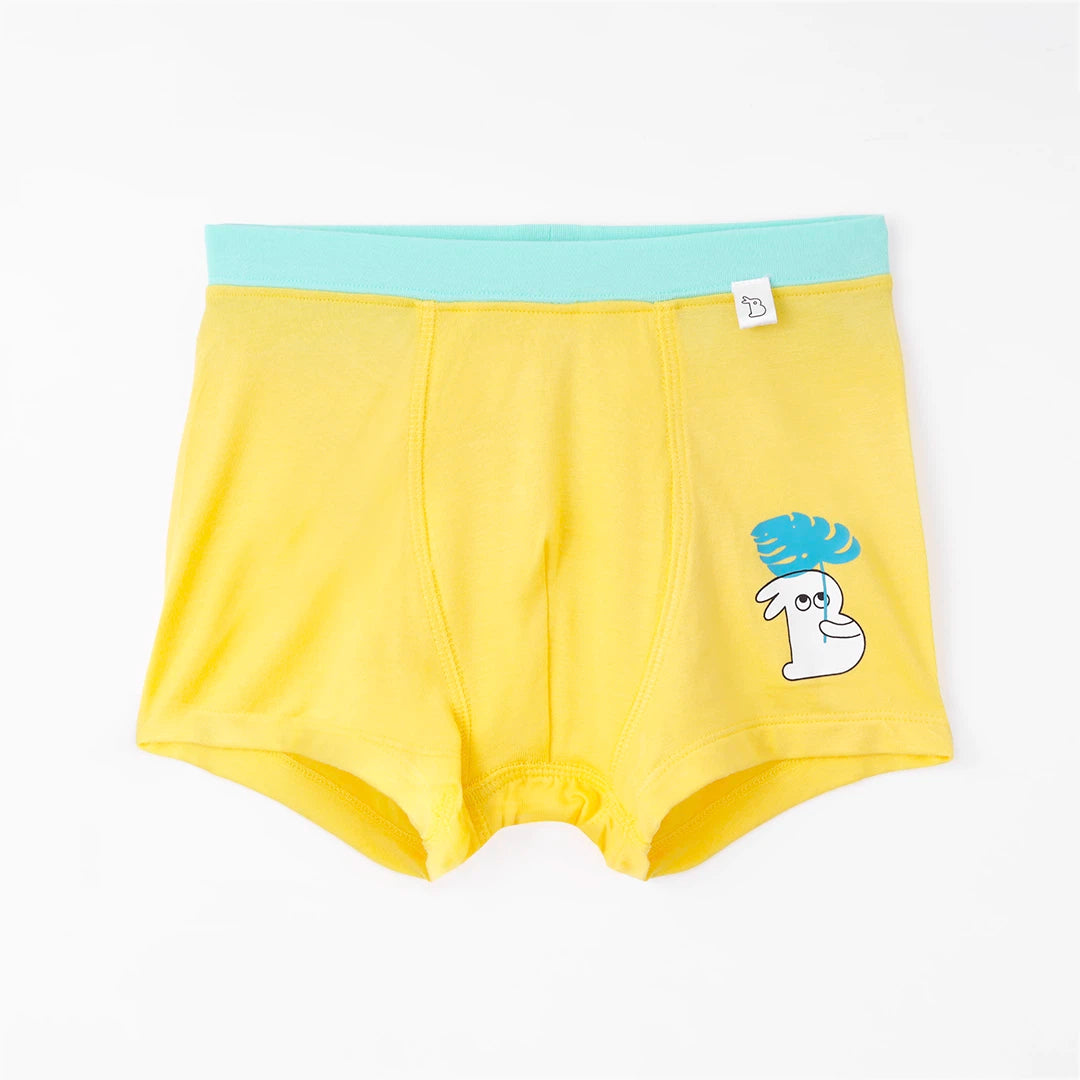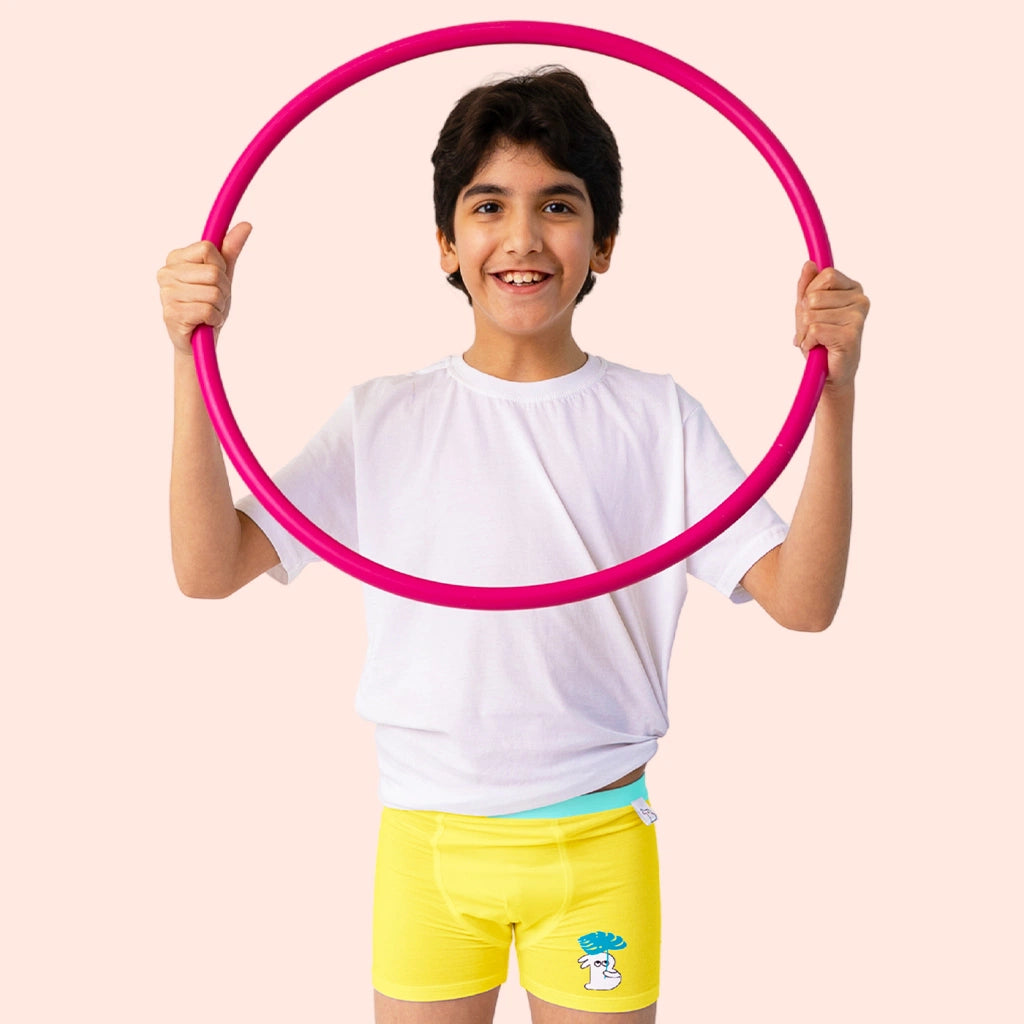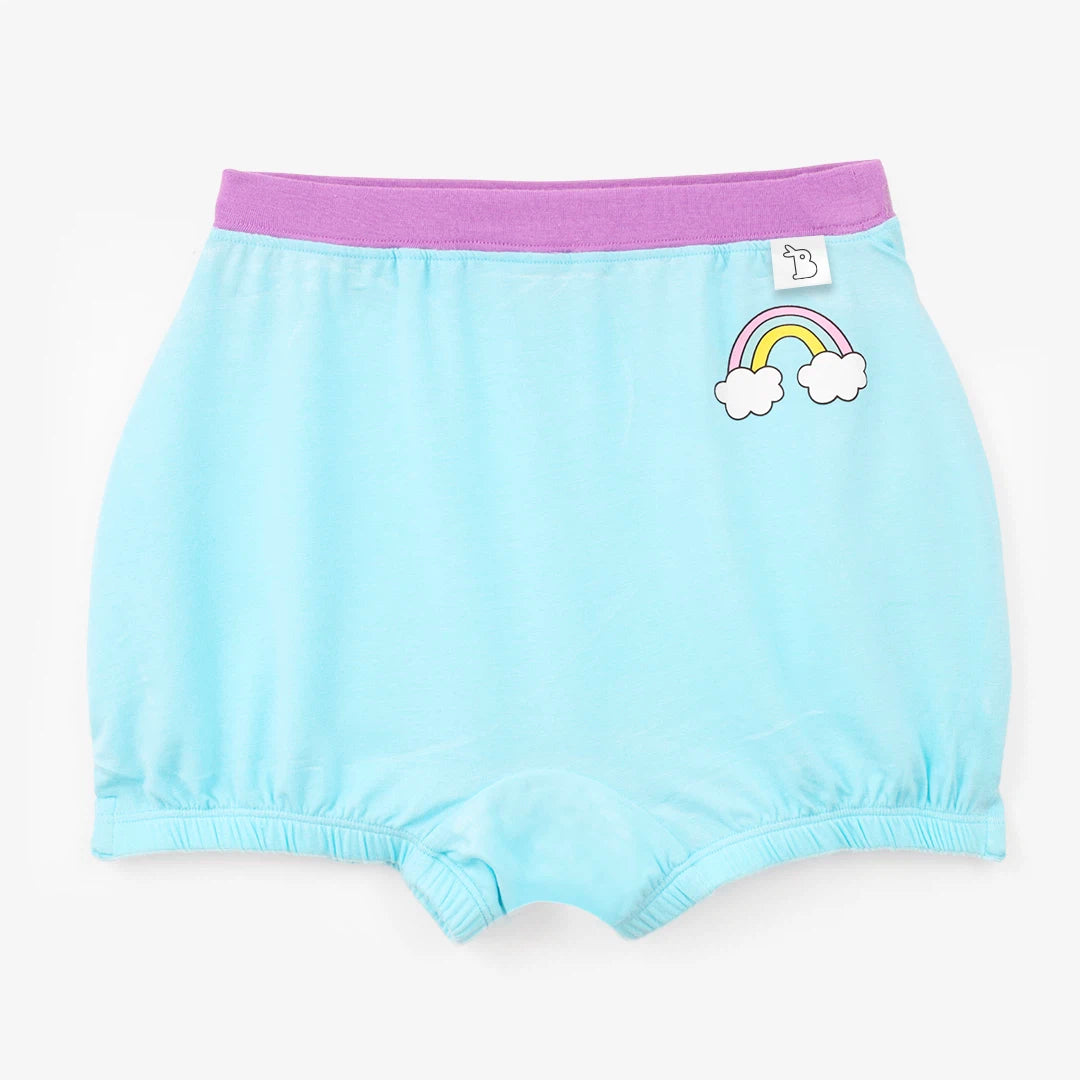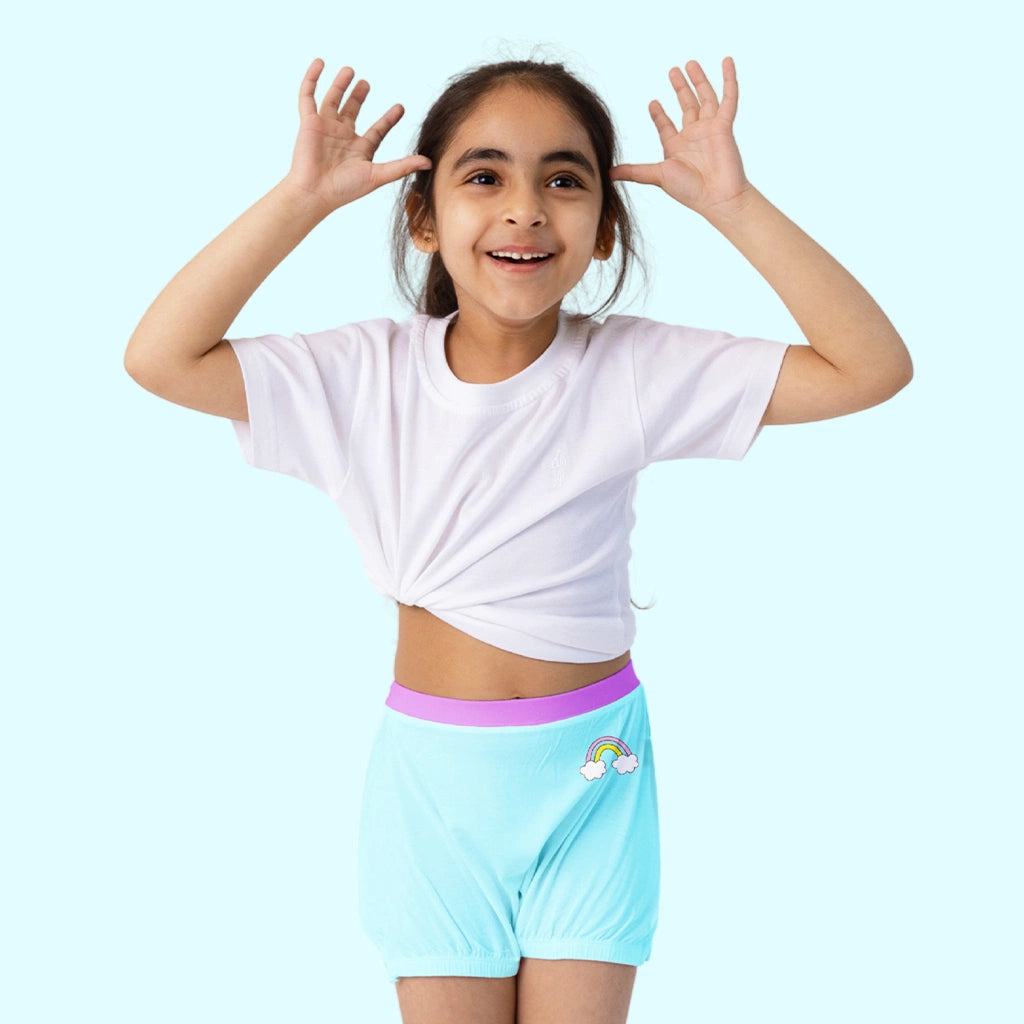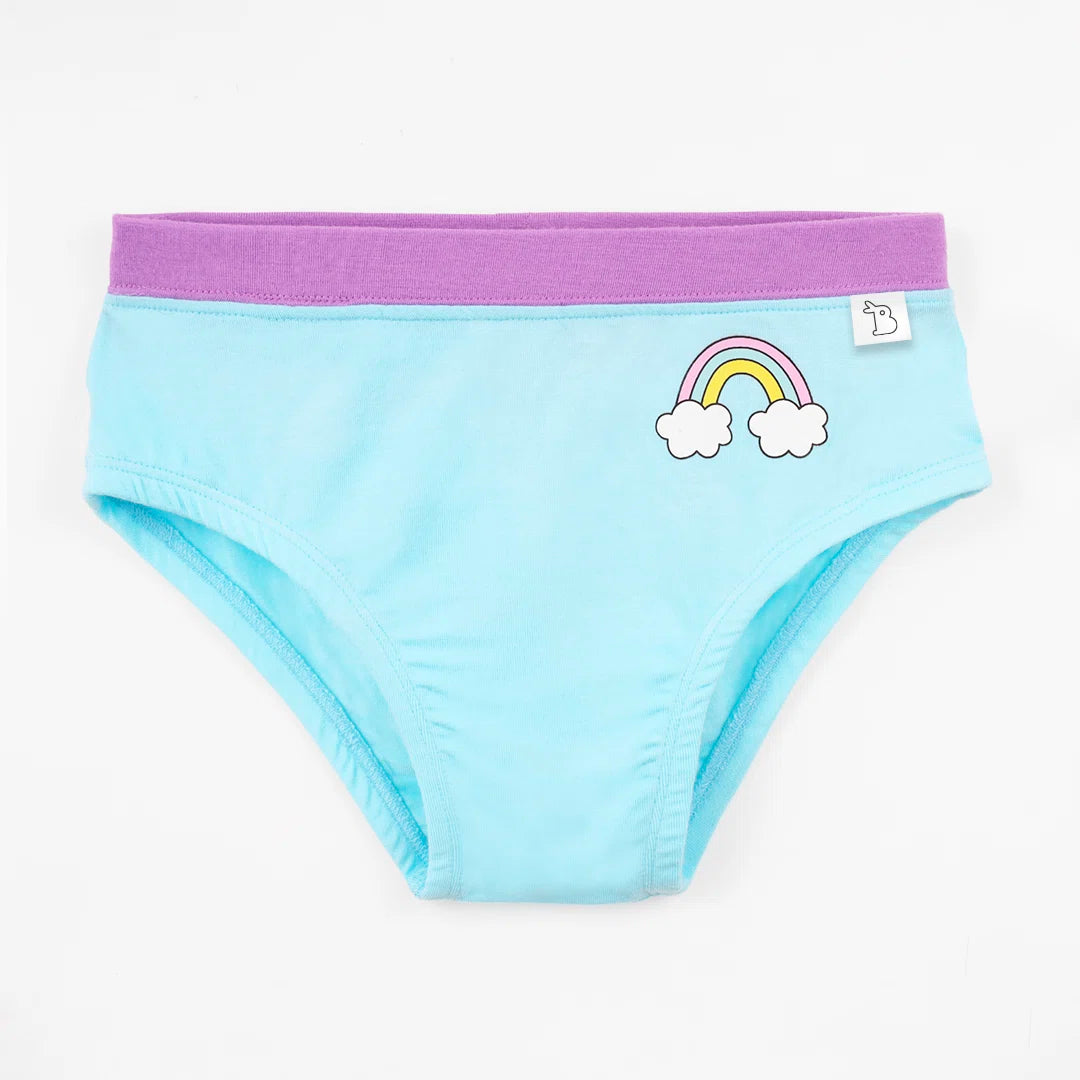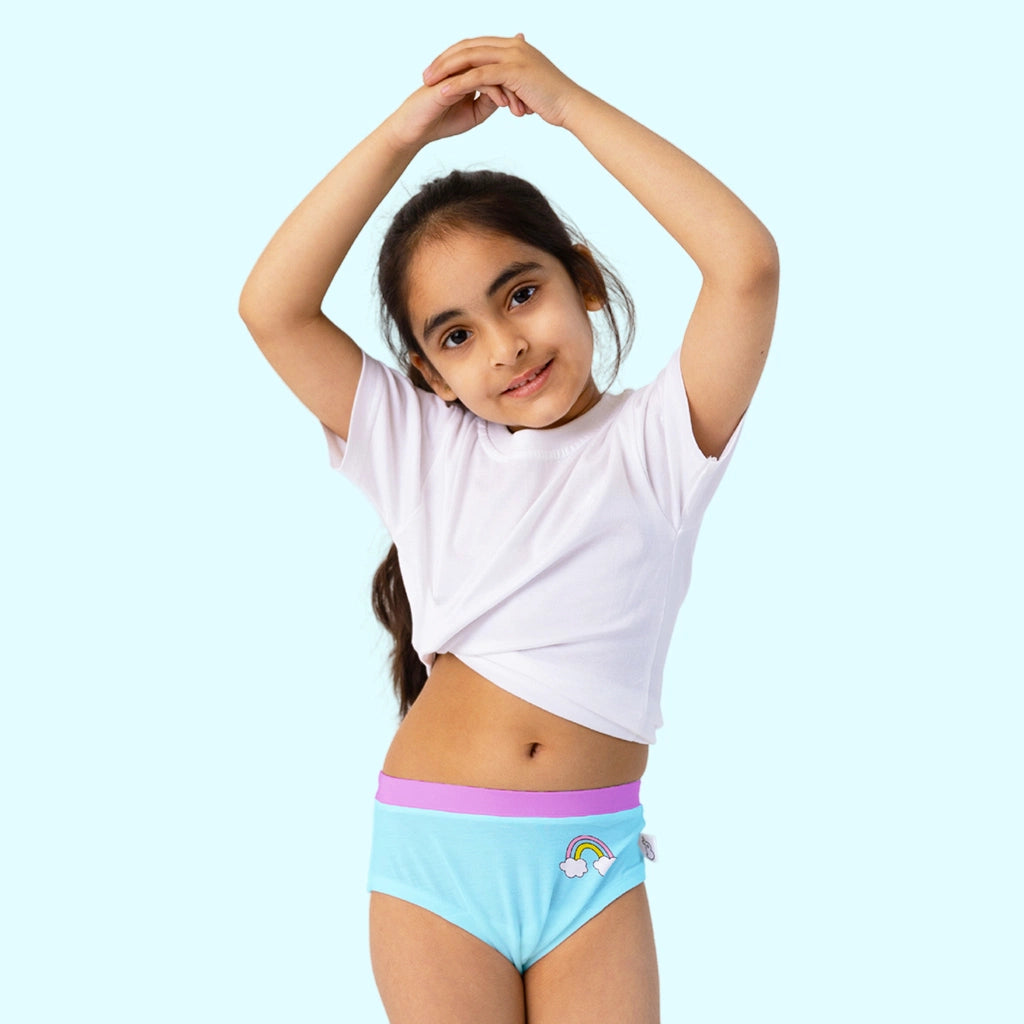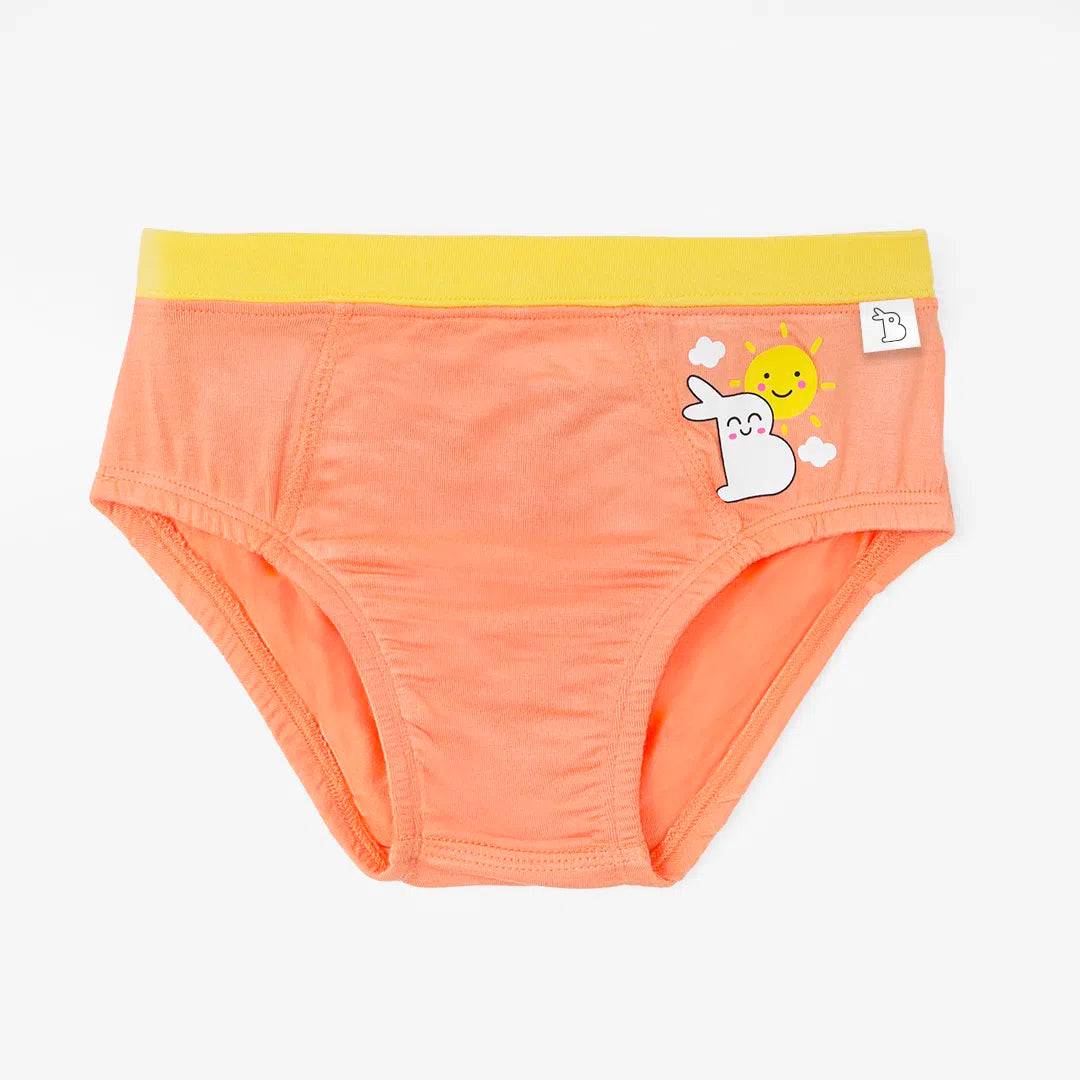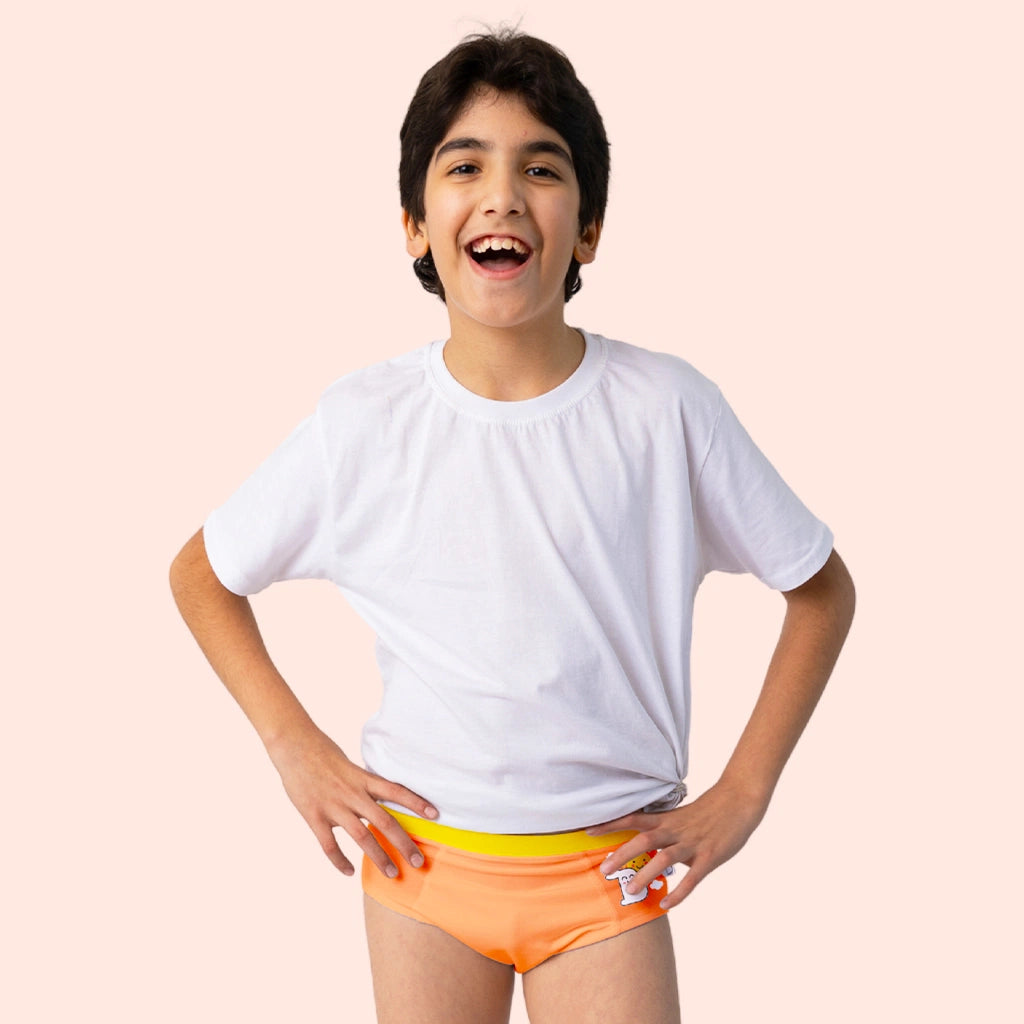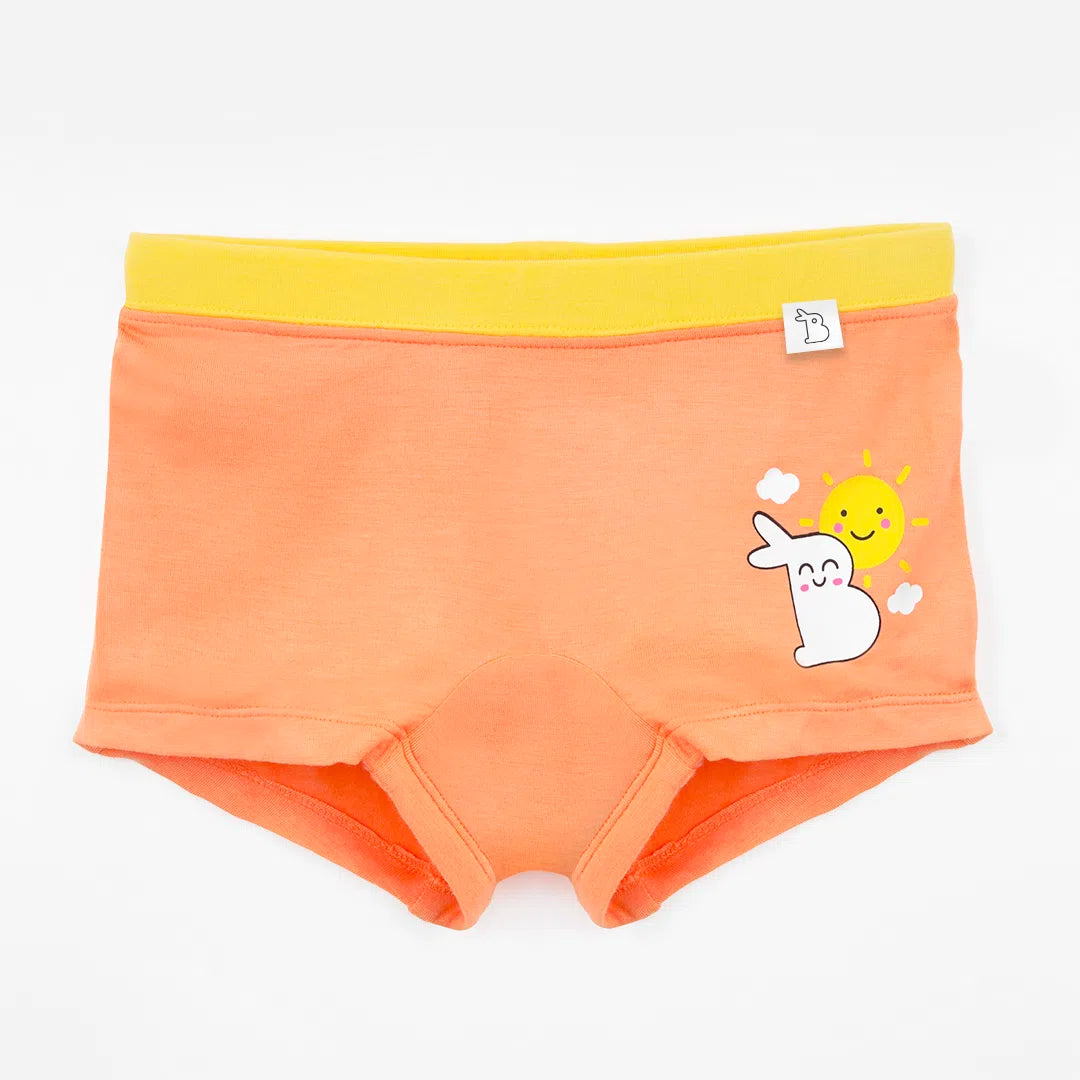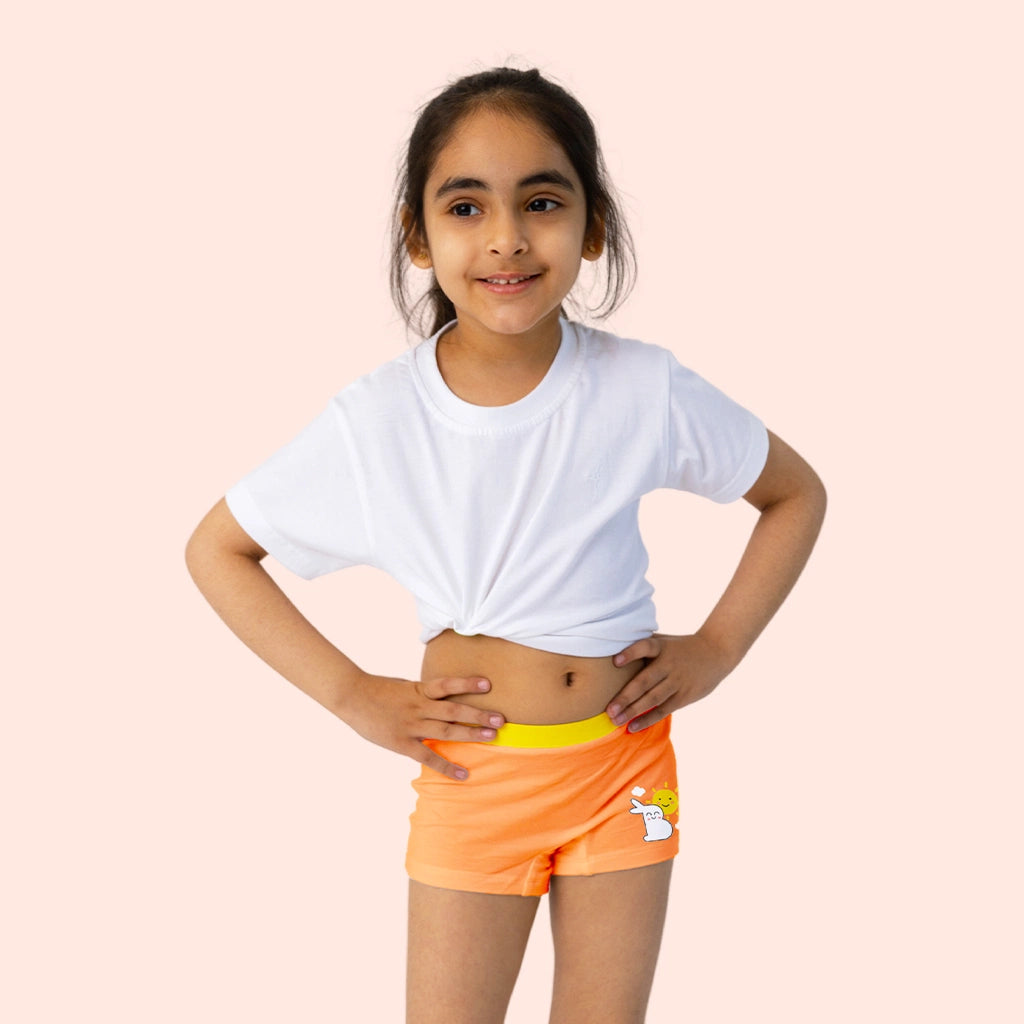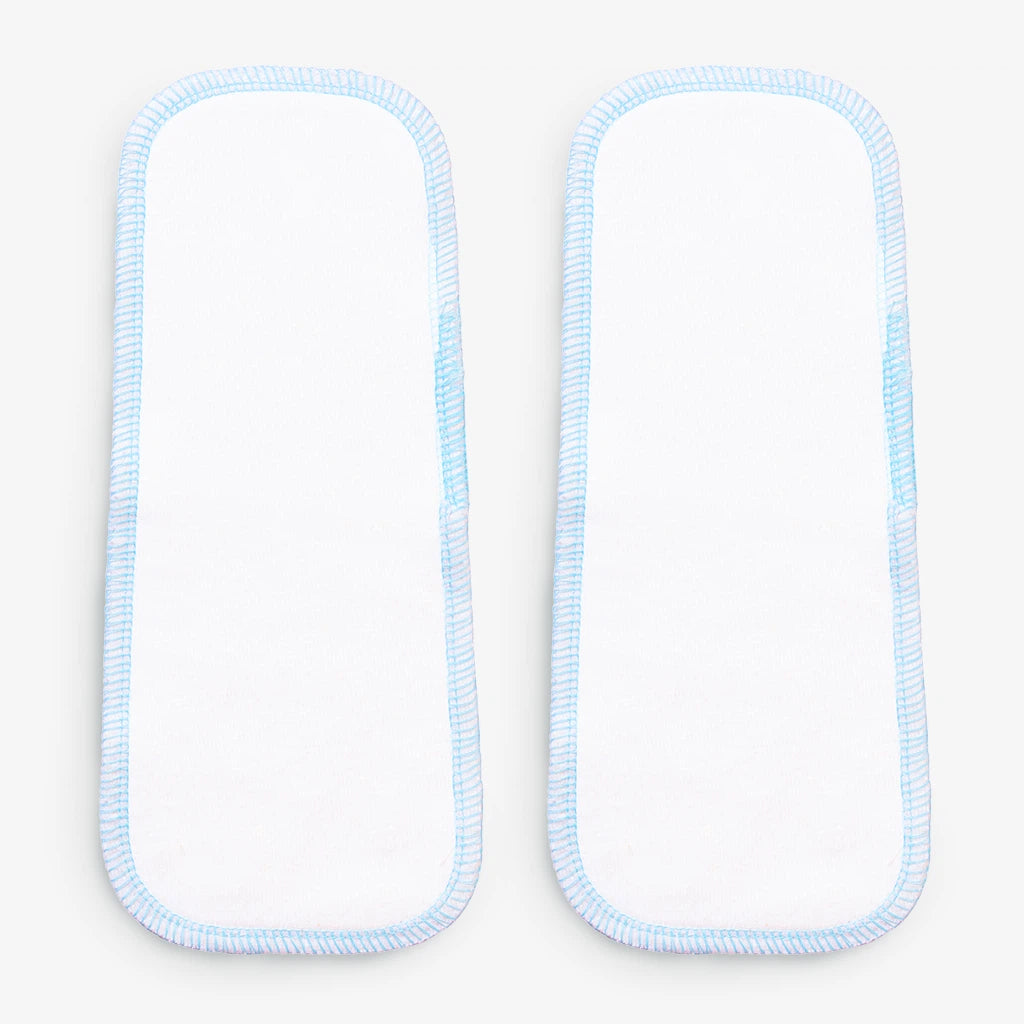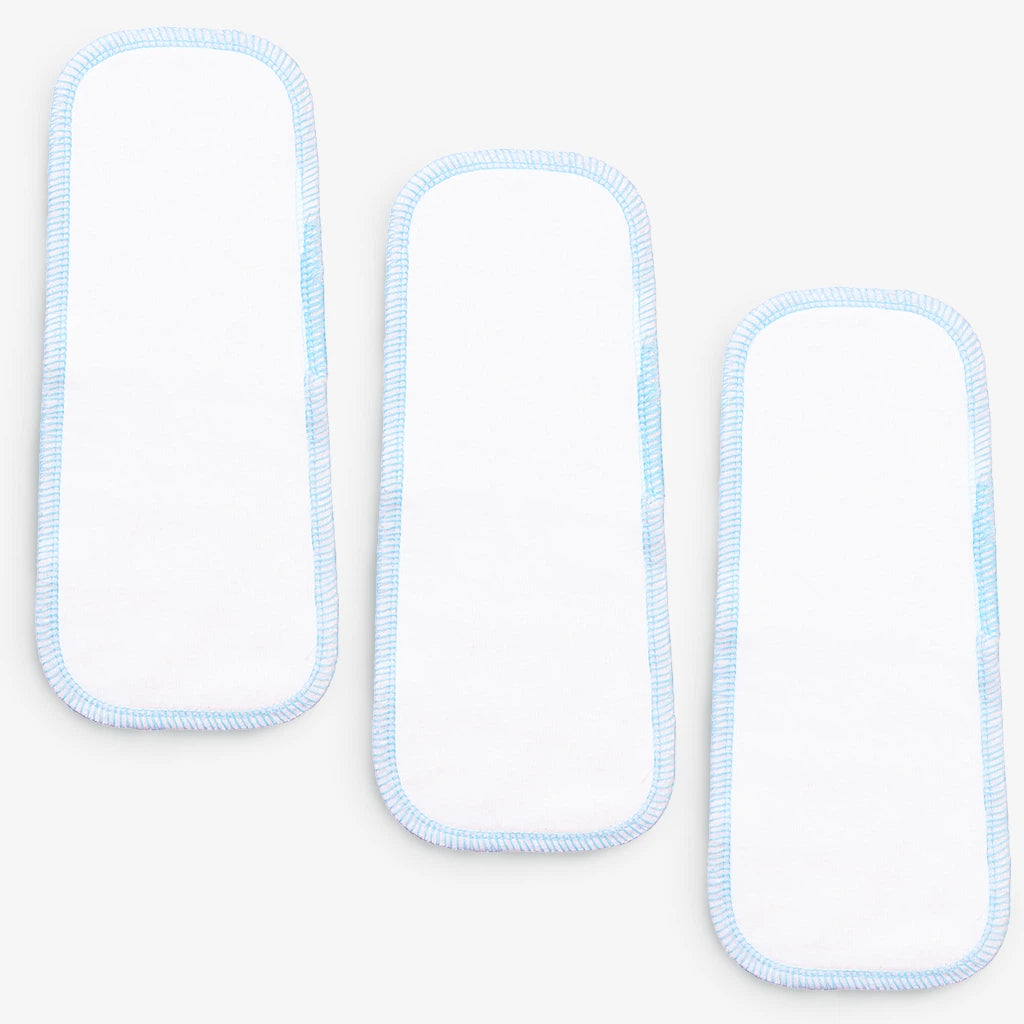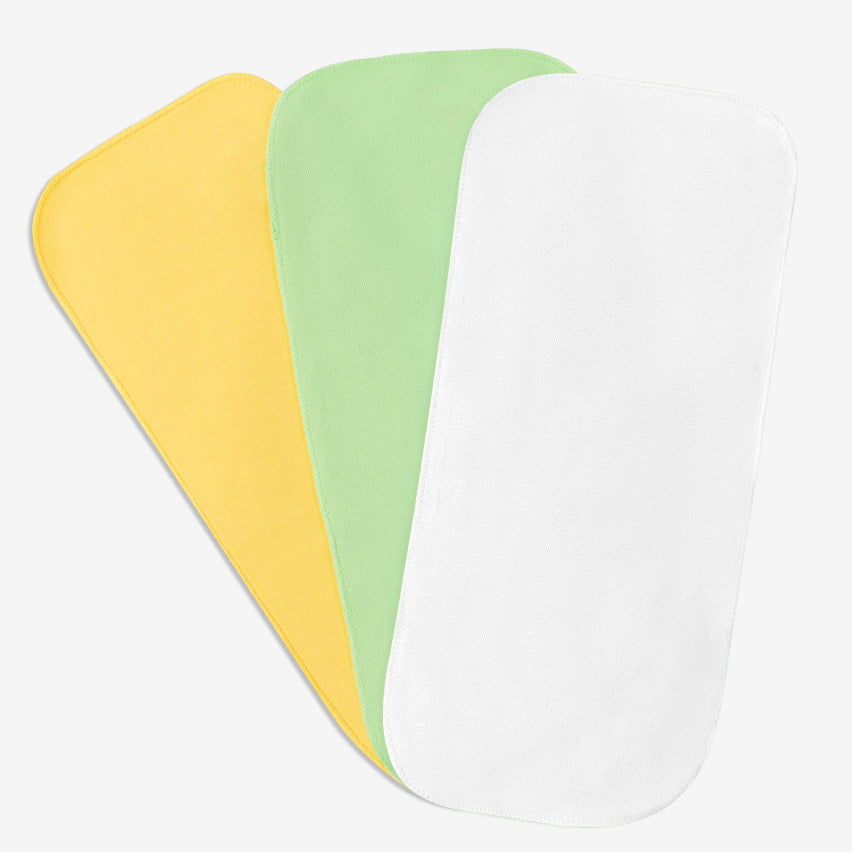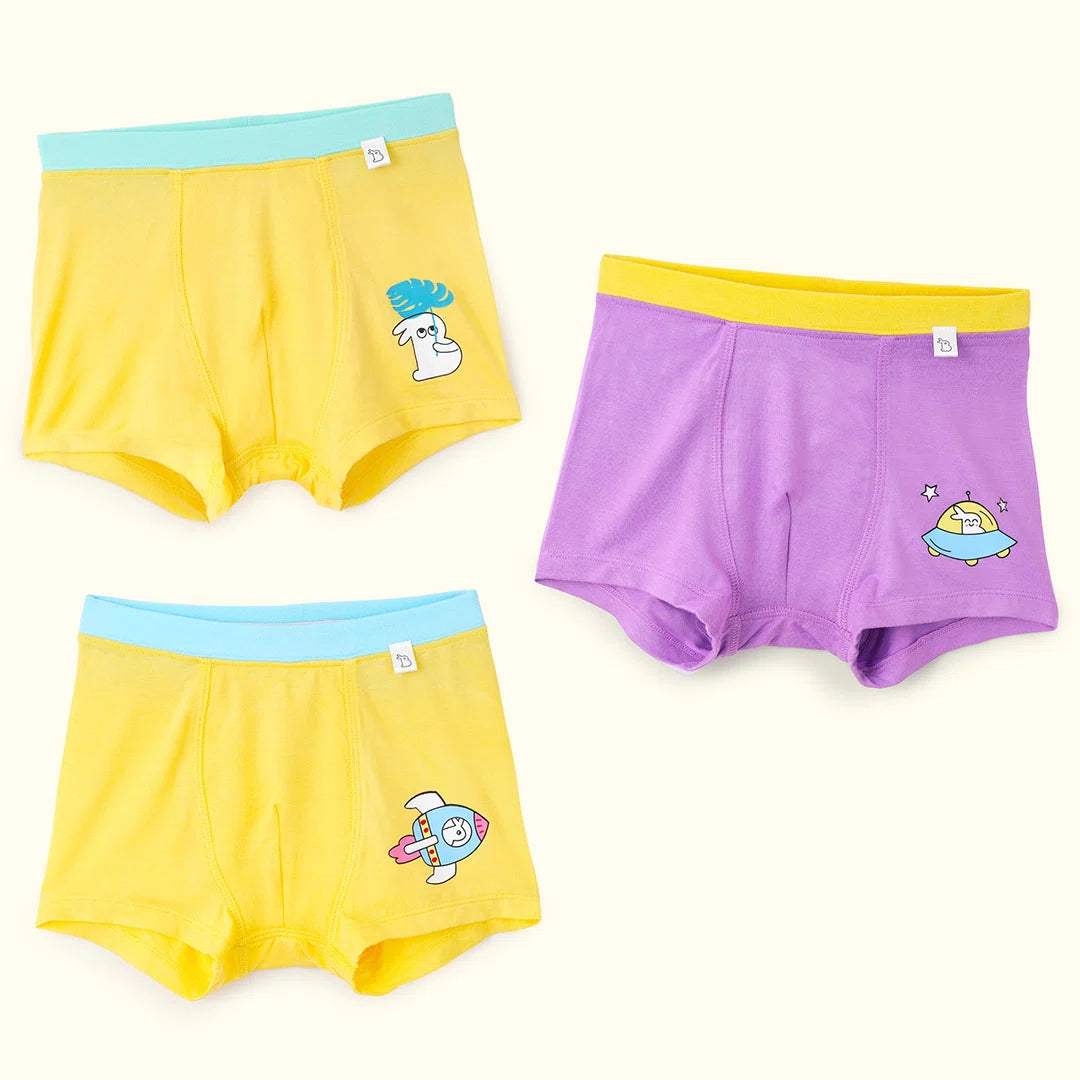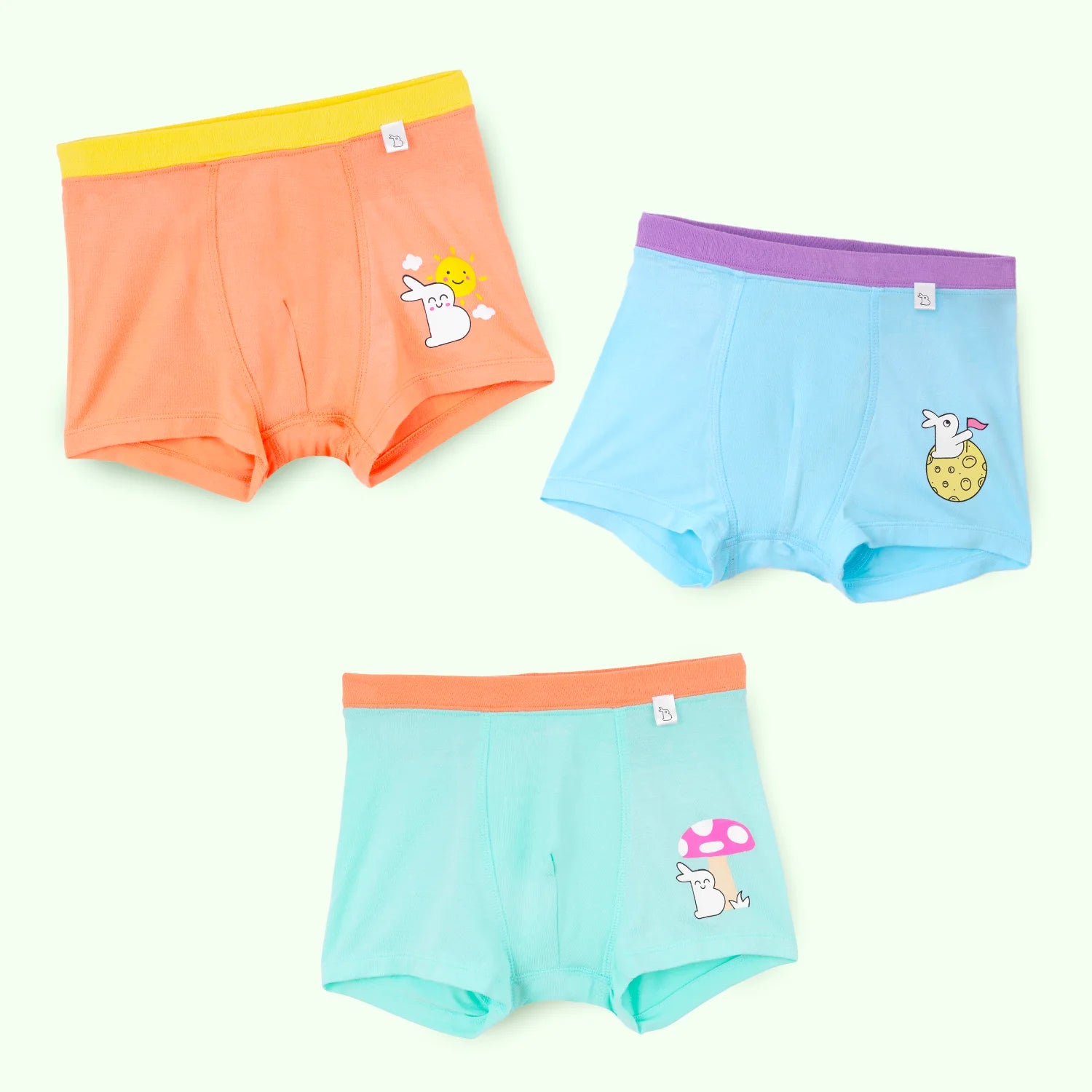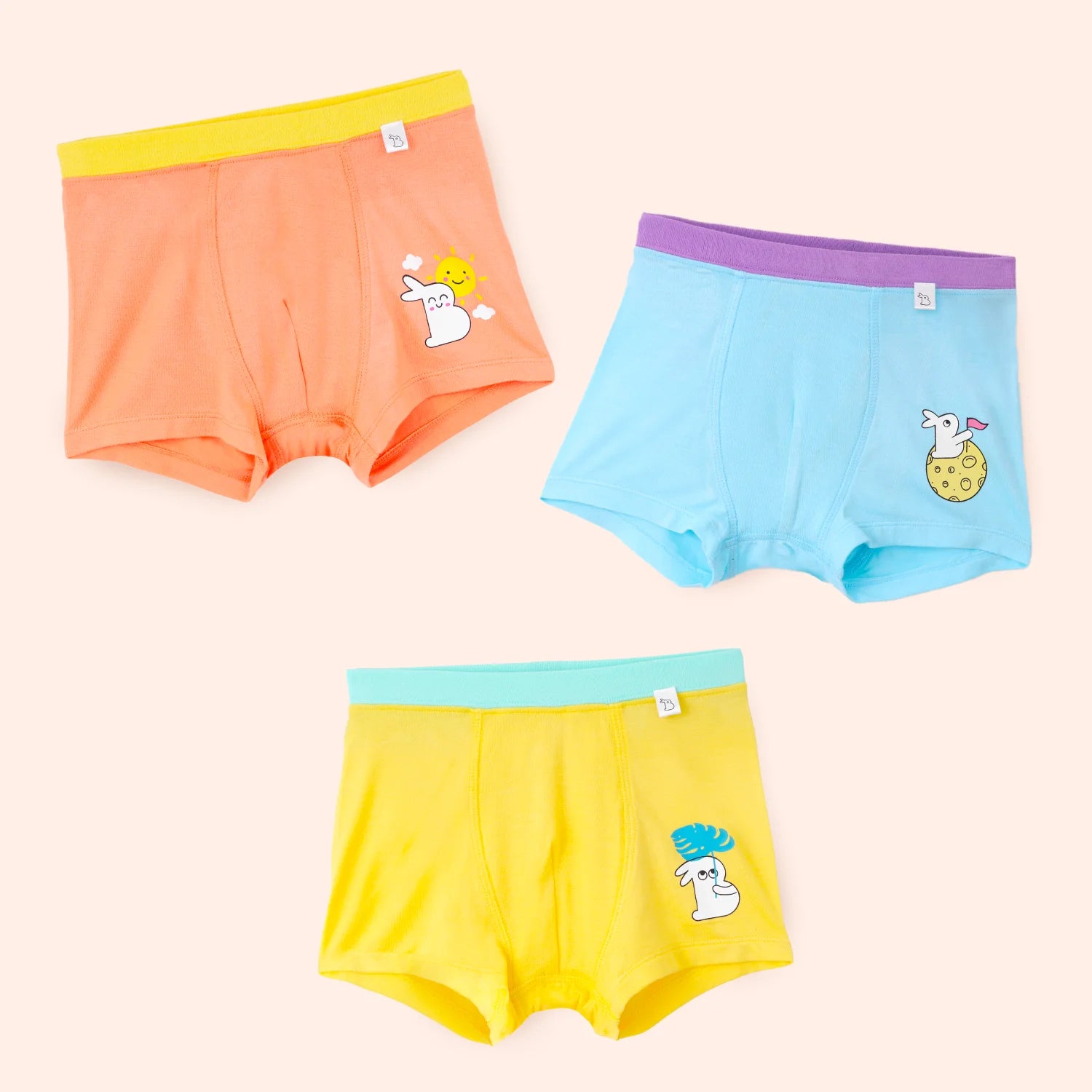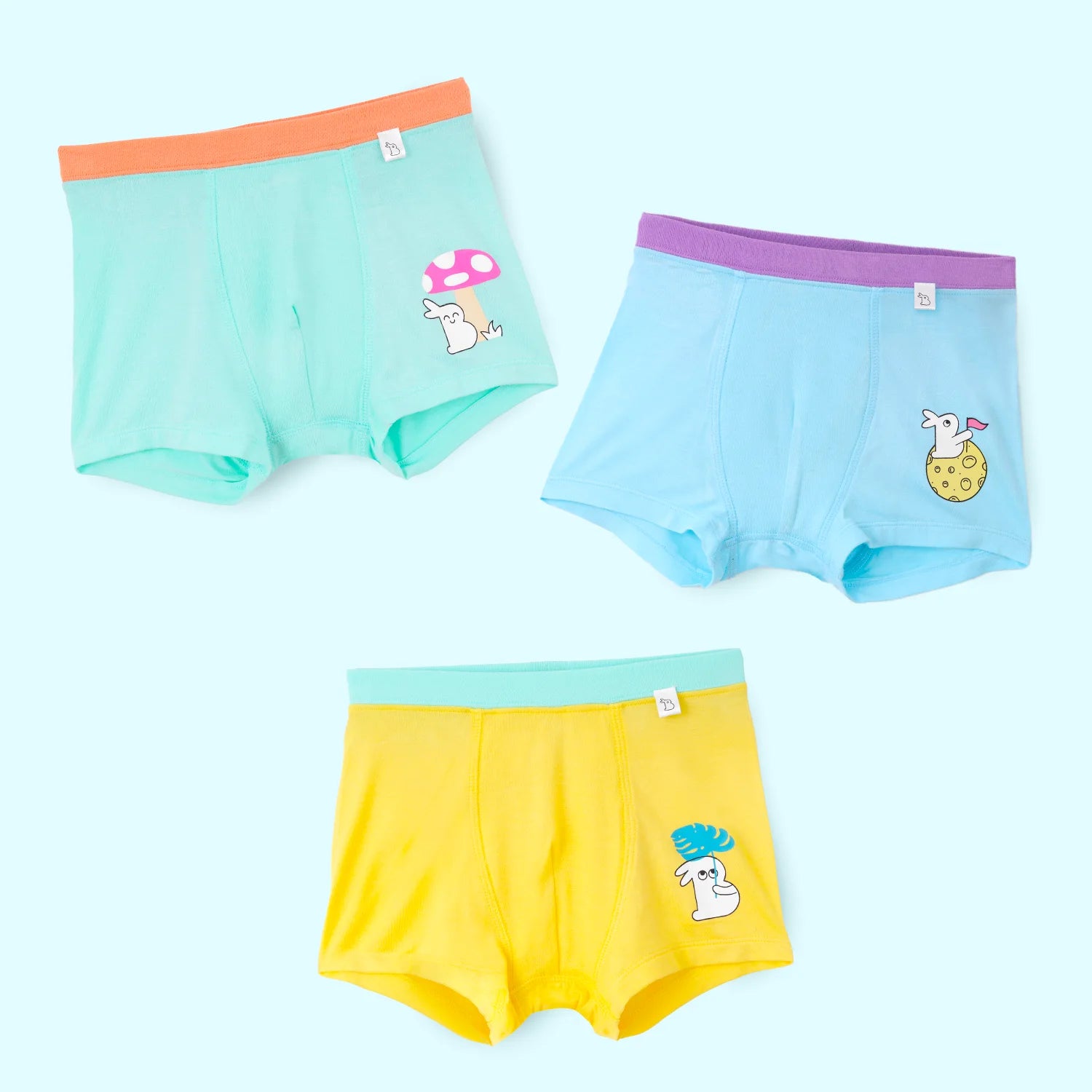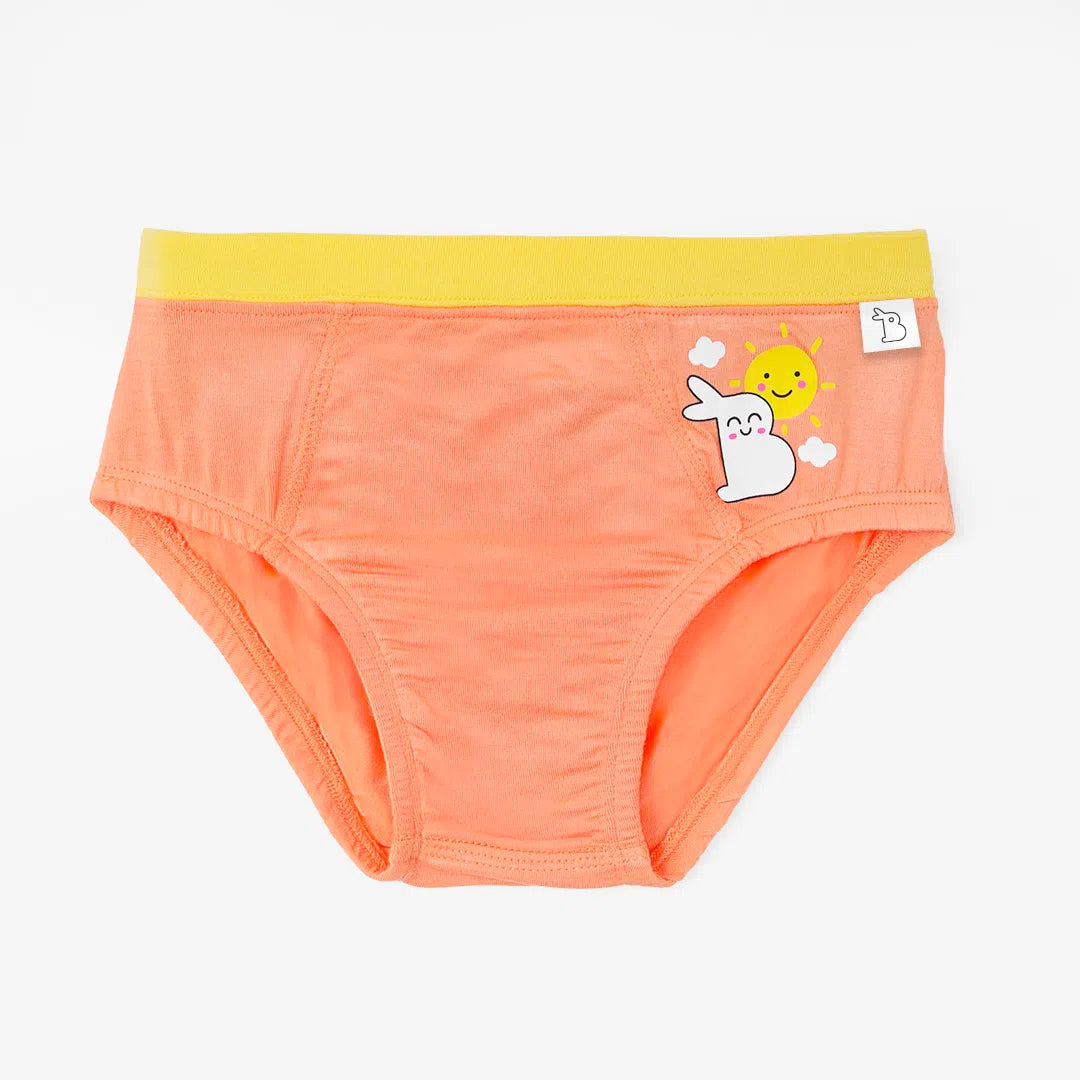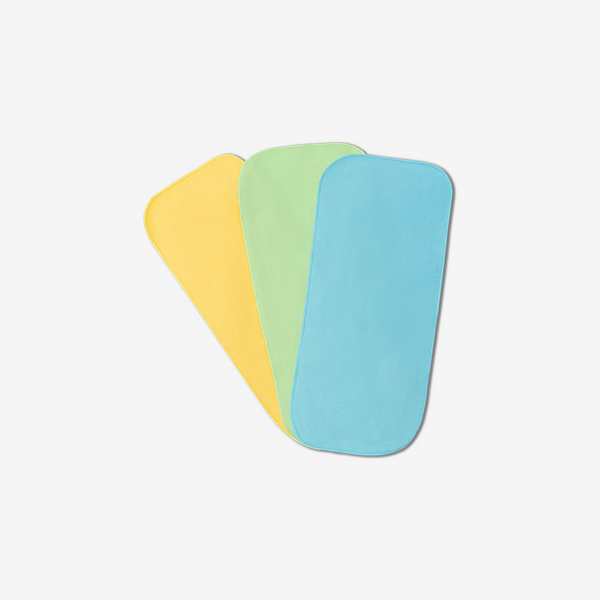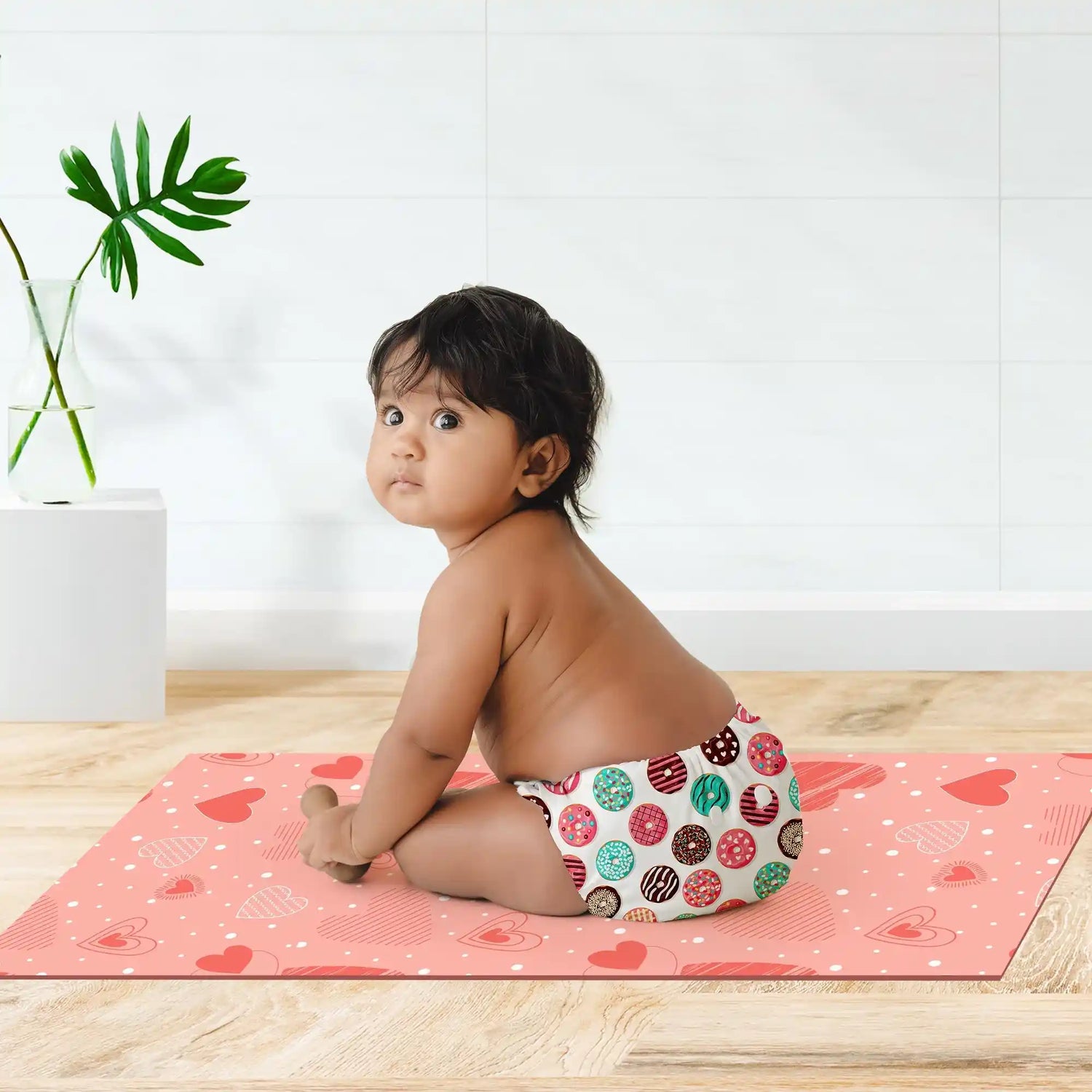• Introduction
• What Is Baby Acne?
• Stages Of Baby Acne
• What causes Newborn Baby Acne?
• Symptoms Of Newborn Baby Acne
• How To Treat Baby Acne?
• Tips for Keeping Your Baby's Skin Healthy
• KEY TAKEAWAYS
• FAQs
• MESSAGE FROM SUPERBOTTOMS
Your baby deserves nothing but the best. We all, as parents, take utmost care that our little one is not bothered by even the slightest of troubles. But at times, rashes, allergies, and other skin-related issues irritate them and make us concerned. Baby acne is one such issue that can make you restless if it appears on your baby's skin. In this article, we will understand what baby acne is, what causes it, what baby acne symptoms are, and what baby acne treatments are.
What Is Baby Acne?
It is a very common skin condition that occurs in more than 20% of babies and can sometimes last until the age of 2. Also known as neonatal acne, baby acne is not the kind of acne that adults experience. Newborn acne is temporary red bumps or pimples that occur on the face or body of your baby. Newborn acne on the face is more common and can happen to almost 30% of babies in the first few months.
Stages Of Baby Acne:
There are two stages of baby acne – Neonatal Acne and Infantile Acne. Certainly! Here's a simple table outlining the differences between Neonatal Acne and Infantile Acne:
| Feature | Neonatal Acne | Infantile Acne |
| Onset | Appears within the first few weeks after birth. | Develops later, usually after the neonatal period. |
| Duration | Typically resolves by around six weeks of age. | It may last up to six months or longer, sometimes up to 2 years. |
| Characteristics | Small red or pink bumps on the face. | It has a similar appearance to neonatal acne but may be more persistent. |
| Treatment | Often resolves on its own without treatment. | Treatment may be considered for persistent or severe cases. |
| Medical Attention | Usually, it does not require medical attention. | May warrant evaluation by a paediatrician or dermatologist. |
This table compares Neonatal Acne and Infantile Acne's essential features, helping parents understand the differences between the two stages of baby acne.
What causes Newborn Baby Acne?
While the exact cause of baby acne is not fully understood, several factors may contribute to its development:
- Maternal Hormones: A baby receives hormones from the mother through the placenta during pregnancy. These hormones can stimulate the baby's oil glands, leading to an overproduction of oil (sebum) and potentially contributing to the development of acne after birth.
- Blocked Pores: The excess oil produced by the baby's oil glands can mix with dead skin cells and bacteria, leading to the blockage of hair follicles or pores. This blockage can result in the formation of small red bumps or pimples characteristic of baby acne.
- Immature Skin: Newborns have delicate and immature skin that is still adapting to the outside environment. Their skin may be more prone to irritation or inflammation, making them susceptible to conditions like baby acne.
- Bacterial Overgrowth: Certain bacteria on the skin, such as Propionibacterium acnes, can contribute to the development of acne. These bacteria thrive in the oily environment of the skin and can exacerbate inflammation.
- Environmental Factors: Environmental factors such as humidity, temperature changes, and exposure to irritants may also trigger or worsen newborn acne.
It's important to note that newborn acne is a common and temporary condition that typically resolves independently without any treatment. While it may be concerning for parents to see their newborns with acne-like bumps, baby acne is generally harmless and does not cause any discomfort to the baby. If you have any concerns about your baby's skin or if the acne persists or worsens, it's advisable to consult your paediatrician for guidance and reassurance.
Symptoms of Newborn Baby Acne:
Newborn baby acne, also known as neonatal acne or infantile acne, is a common condition that affects many newborns. Here are the symptoms typically associated with newborn baby acne:
- Small, Red Bumps: Newborn baby acne on face usually presents as small red or pink bumps on the baby's face, particularly on the cheeks, nose, forehead, and chin.
- Whiteheads or Pustules: In some cases, the bumps may have whiteheads or pustules at the centre, resembling mild acne in older children and adults.
- Spotty Appearance: The affected areas may appear spotty or blotchy, with clusters of bumps or pimples scattered across the skin.
- No Discomfort: Newborn baby acne is typically not associated with discomfort or itching. The bumps do not usually bother the baby.
- Timing: Baby acne often appears within the first few weeks after birth and may persist for a few months before gradually resolving independently.
It's important to note that newborn baby acne is a harmless and temporary condition that does not require treatment in most cases. However, if you notice any unusual symptoms or if the acne persists or worsens, it's advisable to consult a paediatrician for further evaluation and guidance.
How To Treat Baby Acne?
In most cases, baby acne on face will disappear independently without any baby acne treatment. However, if your baby's acne is persistent and does not improve within a few weeks, is it advisable to consult your baby's paediatrician for guidance about how to treat baby acne? Here are some baby acne treatment options that may be recommended:
- Topically Applicable Ointments: If your baby's acne is stubborn, your paediatrician may prescribe a topical ointment to help reduce and eliminate the acne. These ointments are formulated to be gentle and safe for a baby's delicate skin.
- Avoid Over-the-counter Medication: It's essential to avoid using over-the-counter medication for your baby's acne without consulting a paediatrician first. Only use medicines prescribed by a doctor familiar with your baby's medical history and who has physically examined the skin issue.
|
Limited Time Offers + Special Gift Sets! Now or never Super SALE is live on the SuperBottoms website! Take advantage of unbeatable value deals on our UNO Cloth Diapers, Baby Essentials, and more. Looking for the perfect present for a newborn or a toddler? Explore our thoughtfully curated Gift Sets & Combos — safe, skin-friendly, and oh-so-cute! A bundle of love for little ones and a delight for parents. HURRY — Deals and Gift Packs are live only till stocks last. Don’t miss the chance to stock up and share the joy! |
Tips for Keeping Your Baby's Skin Healthy:
In addition to seeking medical treatment for baby acne, here are some tips to help keep your baby's skin healthy:
- Keep Your Baby's Face Clean: Avoid scrubbing or using harsh products that may irritate the skin. Instead, gently wipe your baby's face after meals with soft and fragrance-free wipes such as SuperBottoms XtraHydrating Wipes, specifically designed to maintain skin health.
- Pat Dry: After cleansing, gently dry your baby's skin with a soft towel. Avoid rubbing, as this can aggravate acne-prone areas.
- Avoid Oils and Lotions: Steer clear of using oils, lotions, or creams on your baby's face, especially in areas prone to acne. These products can clog pores and worsen acne breakouts. Choose gentle and non-toxic body wash, face cream, and moisturisers your paediatrician recommends. Opt for fragrance-free and mild products suitable for your baby's sensitive skin.
- Breathable Clothing: Dress your baby in loose-fitting, breathable clothing made from natural fabrics like cotton. Opt for clothing made from soft, breathable fabrics such as cotton or organic cotton. Use SuperBottoms Dry Feel Swaddle Wrap, as it is gentle on the skin and allows airflow, reducing the risk of irritation. Avoid tight clothing and synthetic materials that may trap heat and sweat, exacerbating acne.
- Regular Baths: Give your baby regular baths to keep their skin clean and free from excess oil and dirt. Use lukewarm water and mild baby soap, and avoid hot water, which can strip the skin of its natural oils.
- Keep Hands Clean: Ensure that anyone handling your baby washes their hands thoroughly beforehand. This helps prevent the transfer of dirt, bacteria, and oils to your baby's skin, reducing the risk of acne flare-ups.
- Limit Sun Exposure: Protect your baby's delicate skin from the sun by keeping them in the shade and dressing them in lightweight, long-sleeved clothing. If sun exposure is unavoidable, use a baby-safe sunscreen with SPF 30 or higher.
- Consult a Paediatrician: If your baby's acne persists or worsens despite following these tips, consult your paediatrician. They can provide further guidance and recommend appropriate treatment options if necessary.
By diligently following these tips, you, as a parent, play a crucial role in keeping your baby's skin healthy and minimising the risk of acne breakouts. Remember to always be gentle and patient with your baby's delicate skin, knowing that your efforts are making a significant difference.
KEY TAKEAWAYS:
1. Avoid applying body lotion to your baby. It can aggravate acne and make it worse.
2. Scrubbing the skin where acne is present with a towel or a bath loofah, no matter how soft, can irritate the skin and cause redness and pain for your baby.
3. Avoid squeezing or pinching the acne. This can be painful for your baby and even worsen the baby acne on face.
FAQs:
Q1. What is newborn baby acne?
Ans. Newborn baby acne, also known as neonatal acne or infantile acne, is a common skin condition characterised by small red bumps or pimples on a newborn's face, typically appearing within the first few weeks after birth.
Q2. What causes newborn baby acne?
Ans. The exact cause of newborn baby acne is not fully understood. Still, factors such as maternal hormones, blocked pores, immature skin, bacterial overgrowth, and environmental factors may contribute to its development.
Q3. Is newborn baby acne harmful or contagious?
Ans. Newborn baby acne is a harmless and temporary condition that does not cause any discomfort to the baby. It is not contagious and does not pose any risk to others.
Message from SuperBottoms
Hi there, new parents! SuperBottoms brings you doctor-recommended cloth diapers — the best rash-free diapering solution for your baby’s sensitive and delicate skin. Unlike disposable diapers loaded with chemicals, our newborn cloth diapers, when used and washed properly, can help eliminate the risk of diaper rashes. SuperBottoms offers a wide range of safe, skin-friendly essentials for the whole family — including Reusable Cloth Diapers, Diaper Pants, DryFeel langots for diaper-free time, Padded Underwear for potty training, SuperSoft Underwear for everyday comfort, Joggers for playful days, and Period Underwear for women. Not just for everyday use, SuperBottoms products also make the best gifting choice for babies — thoughtful, eco-friendly, practical, and loved by parents. Now available on Amazon, Myntra, Flipkart, FirstCry, Zepto, Swiggy and Blinkit
Reference Link:
1. Baby acne - Diagnosis and treatment
2. Baby Acne: Causes and Treatments

